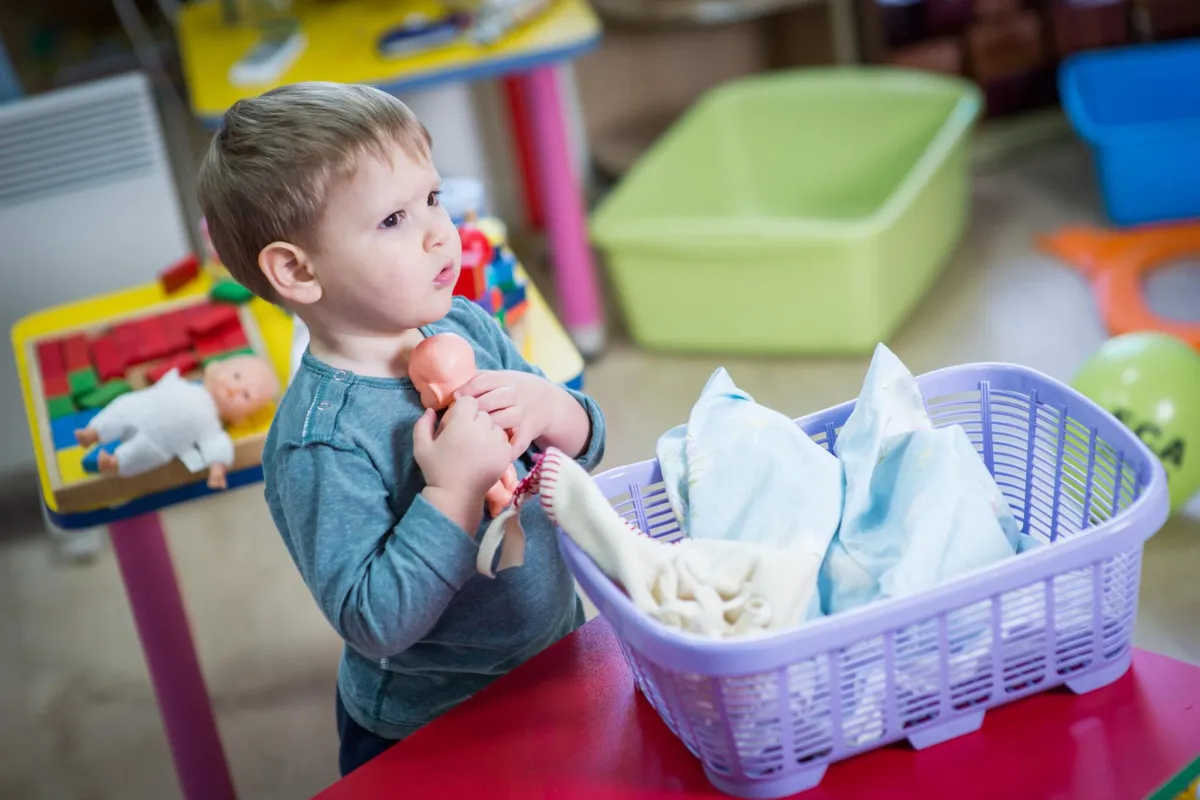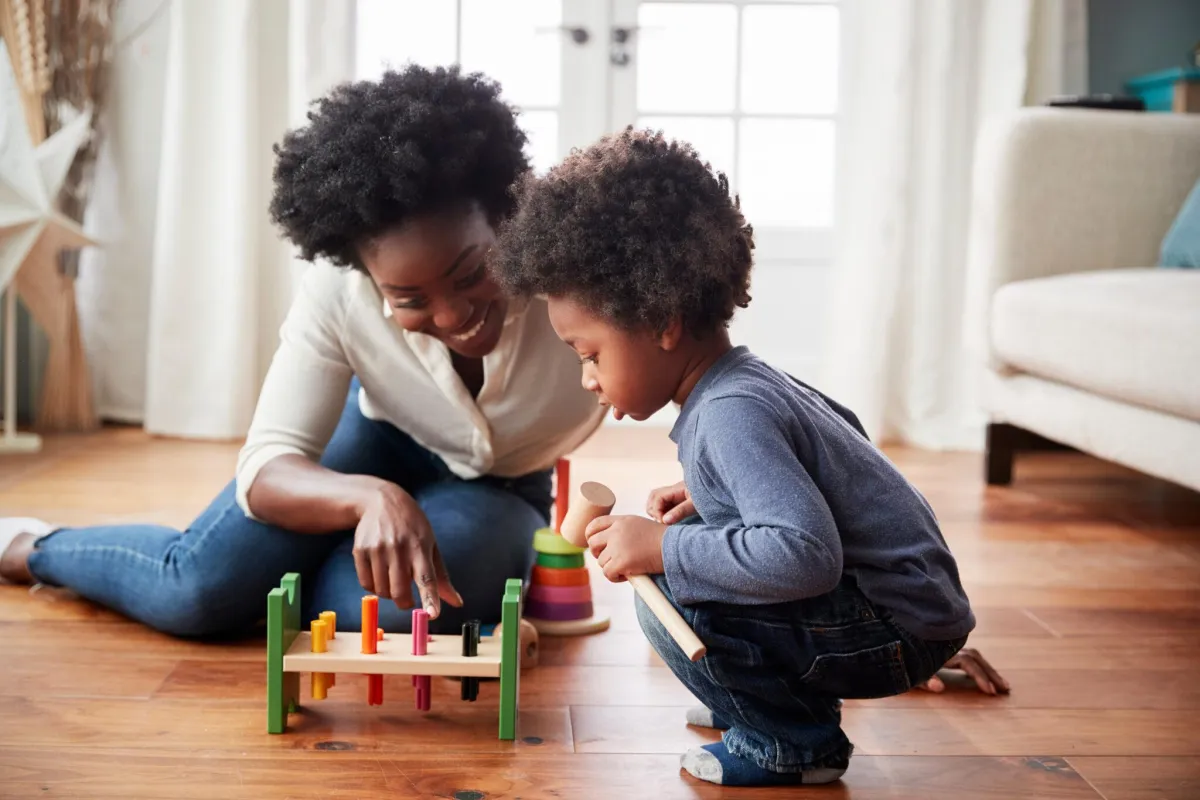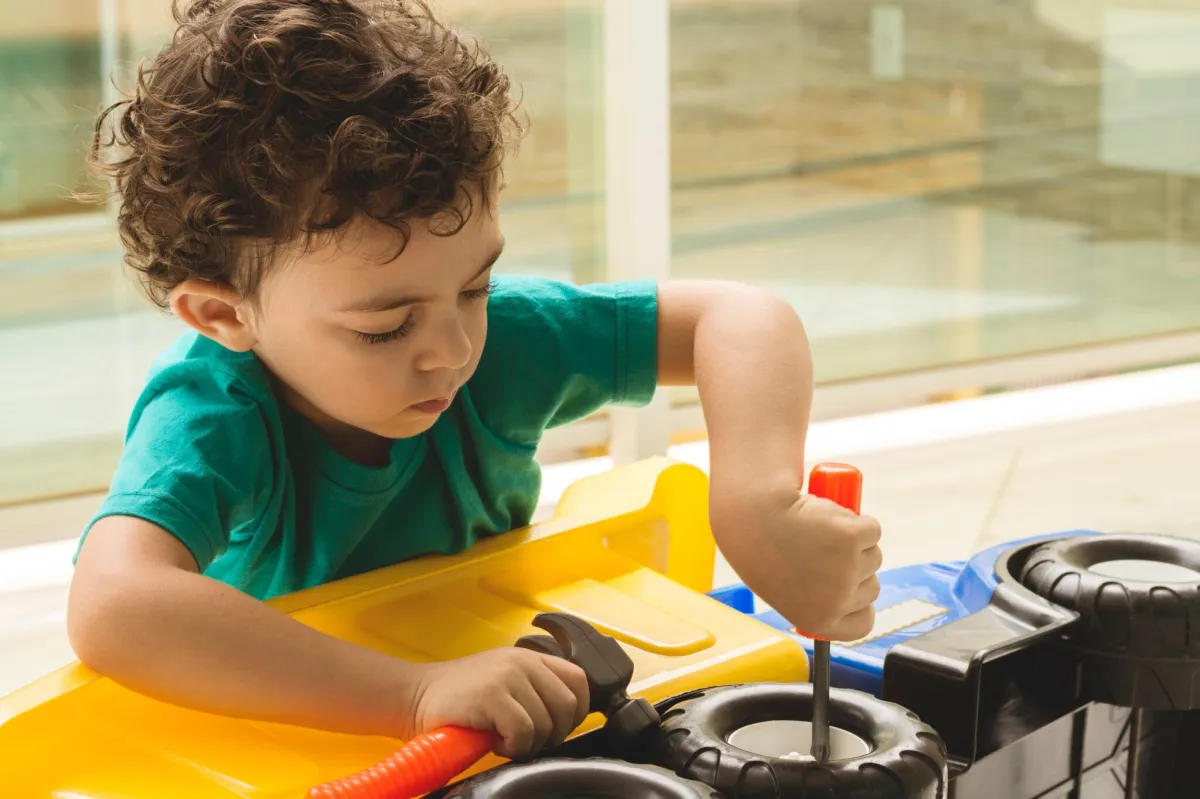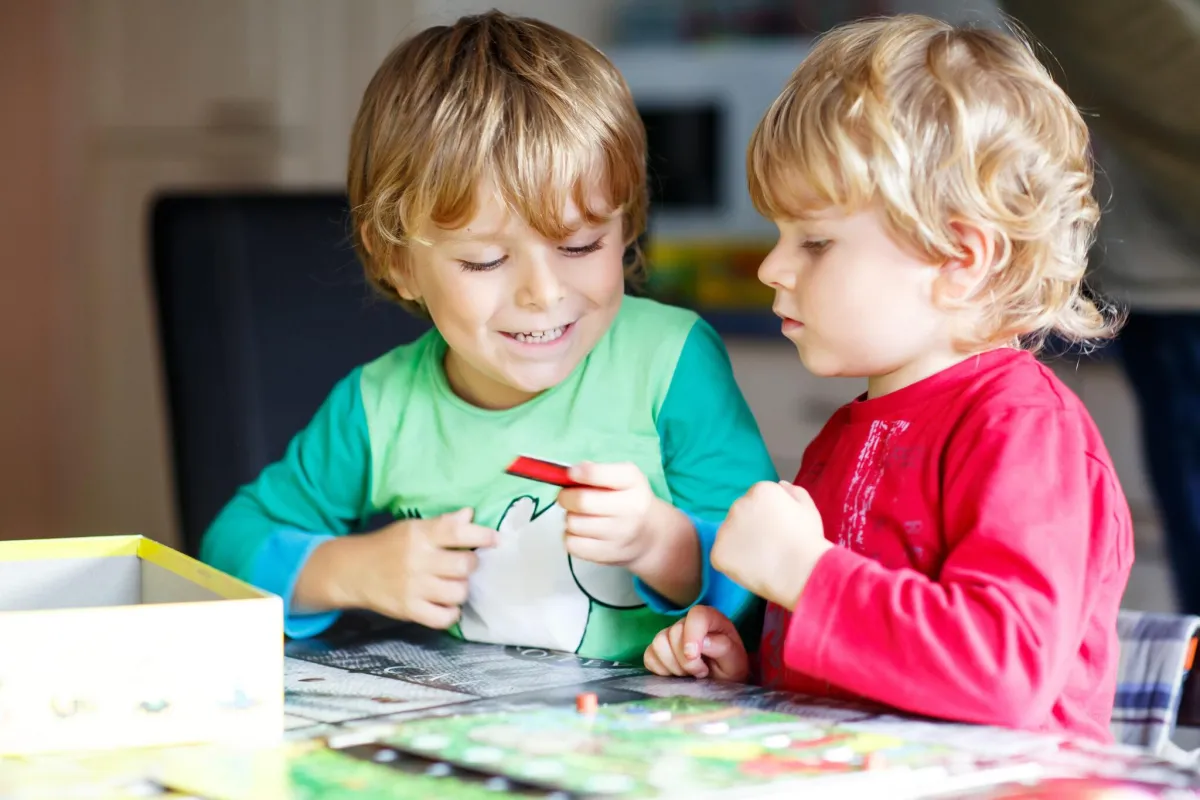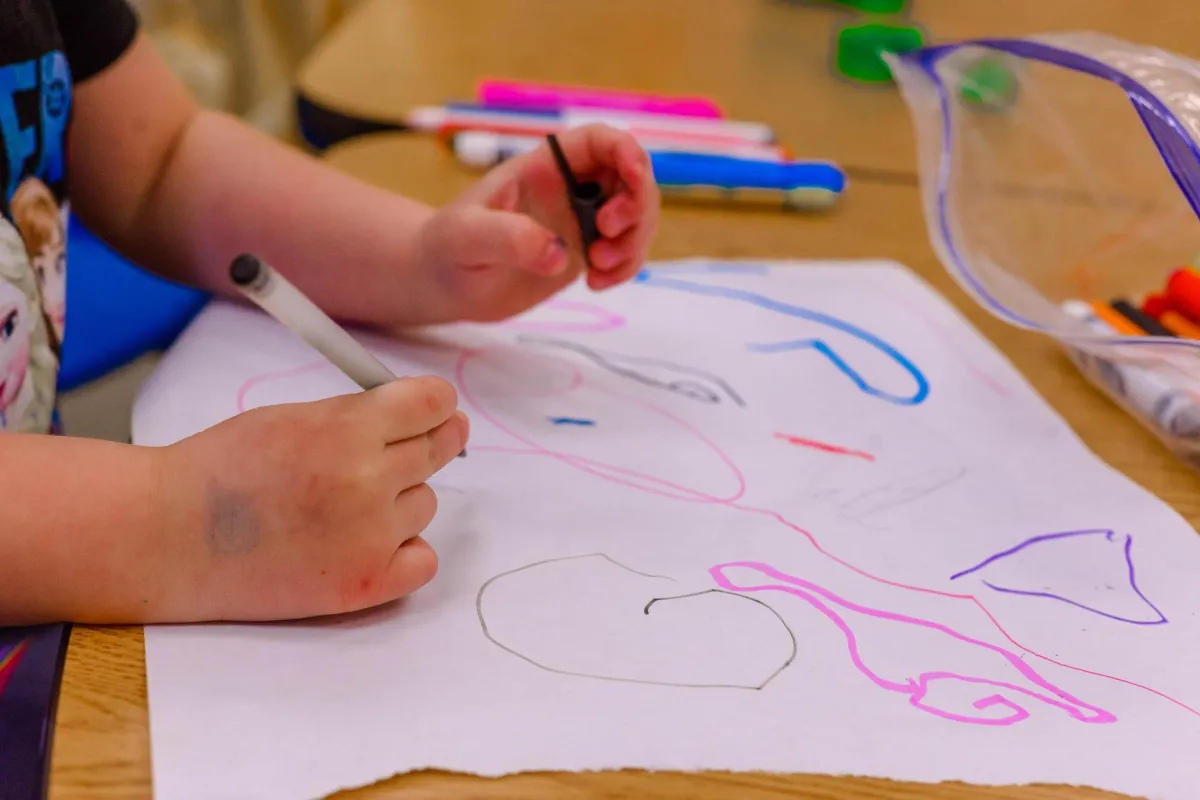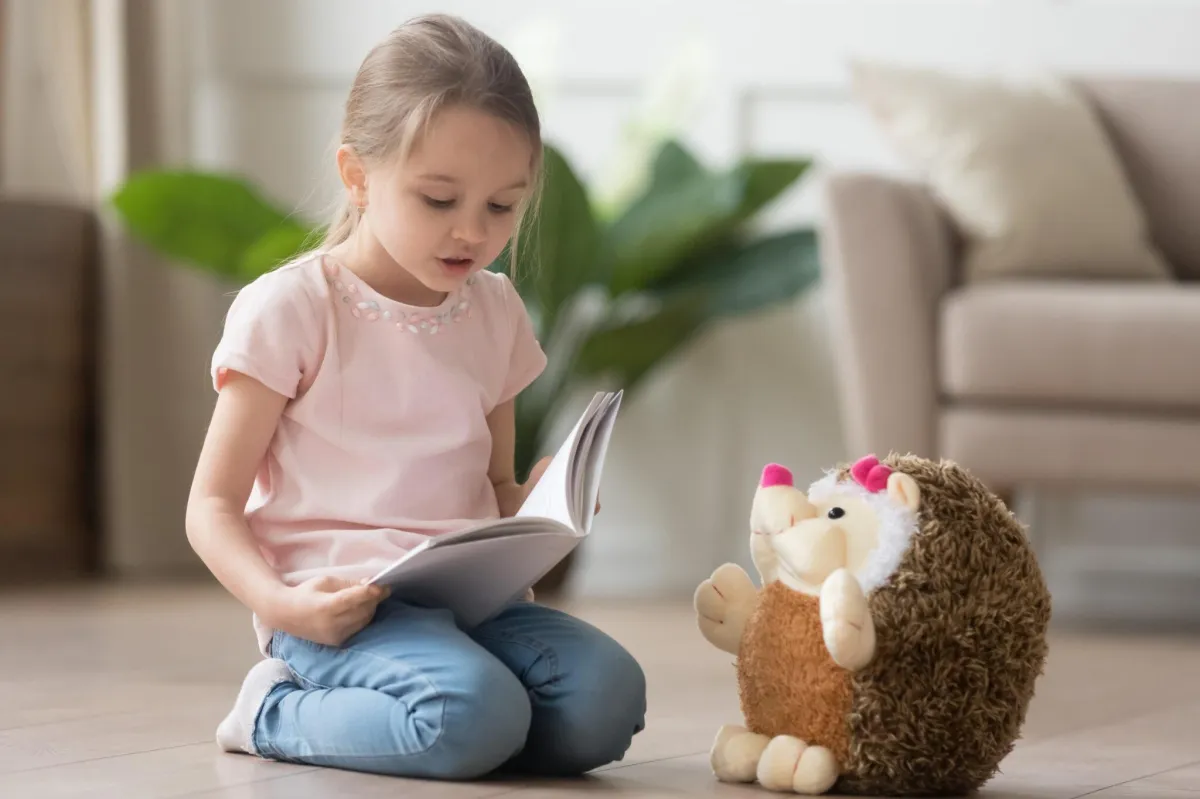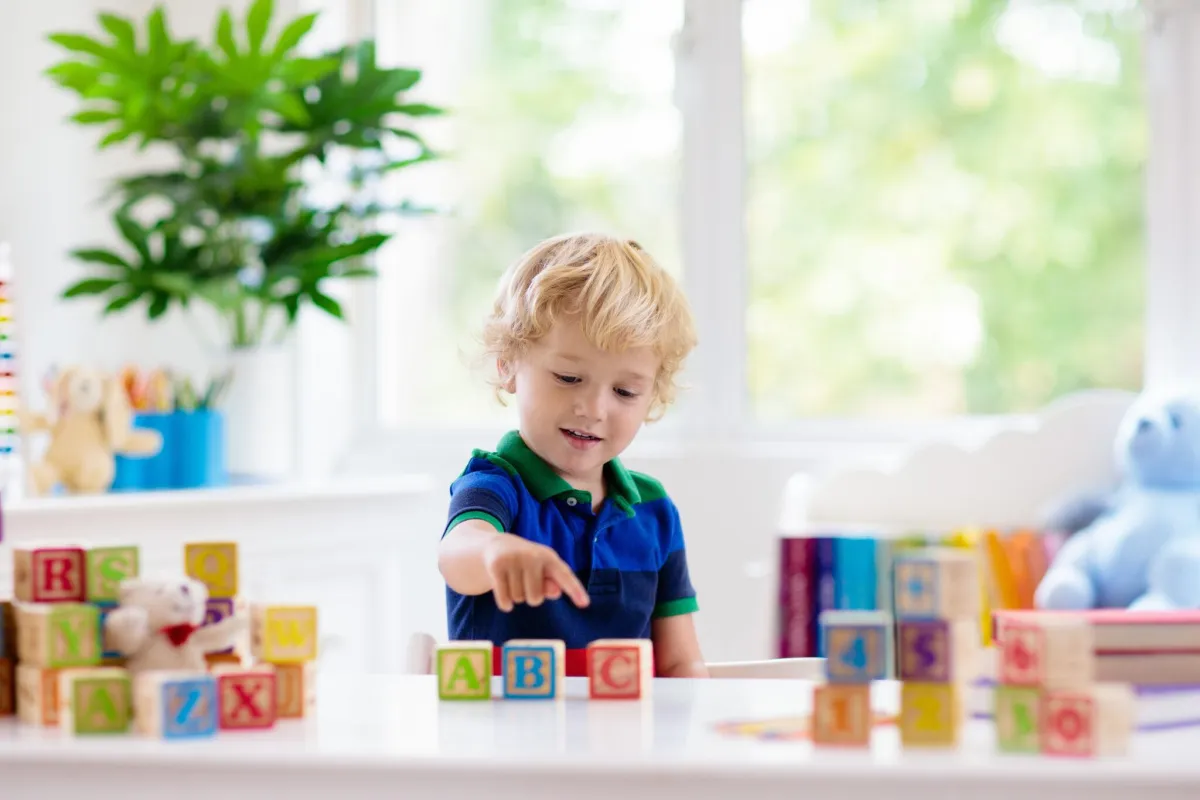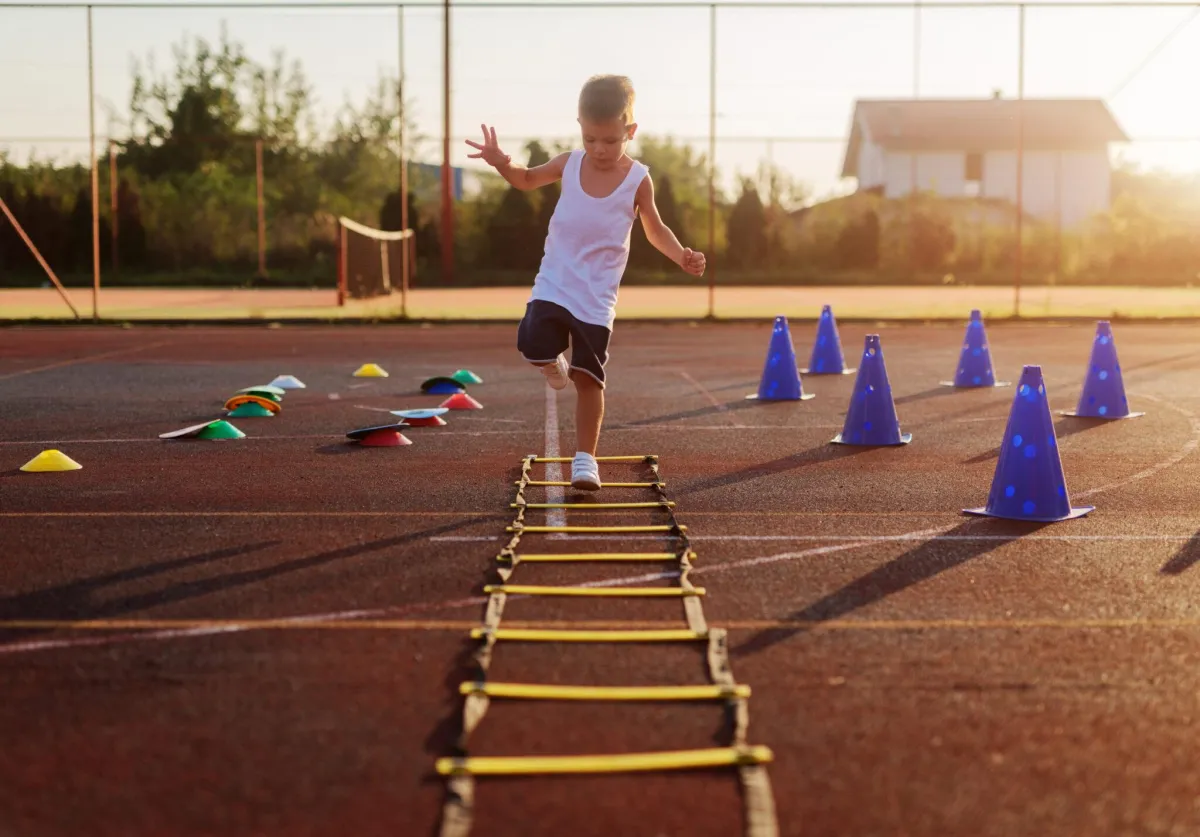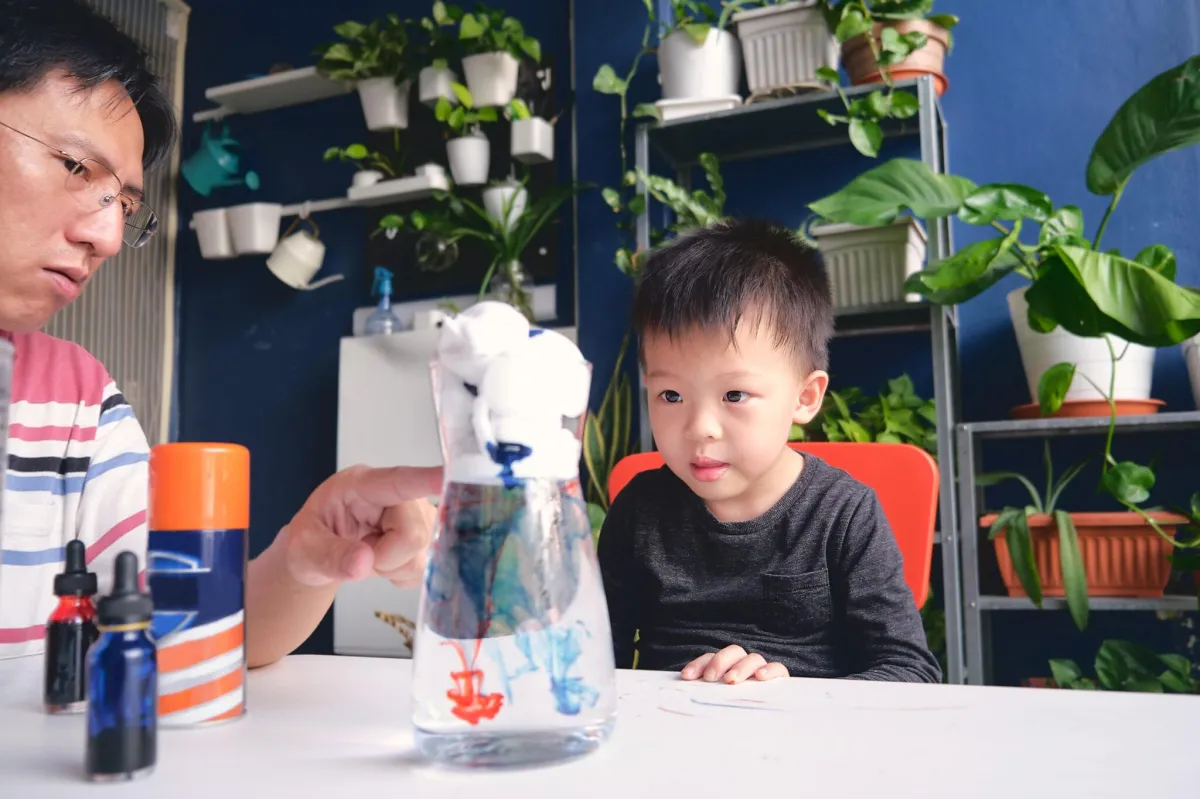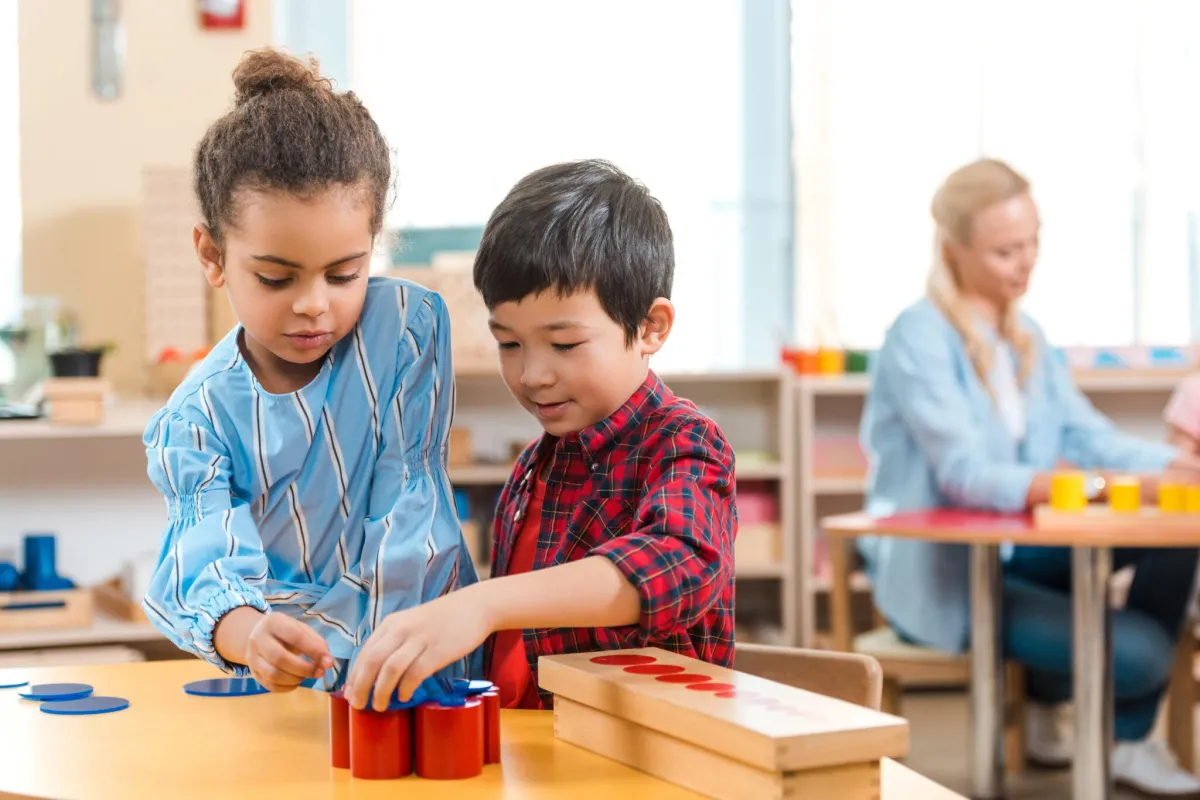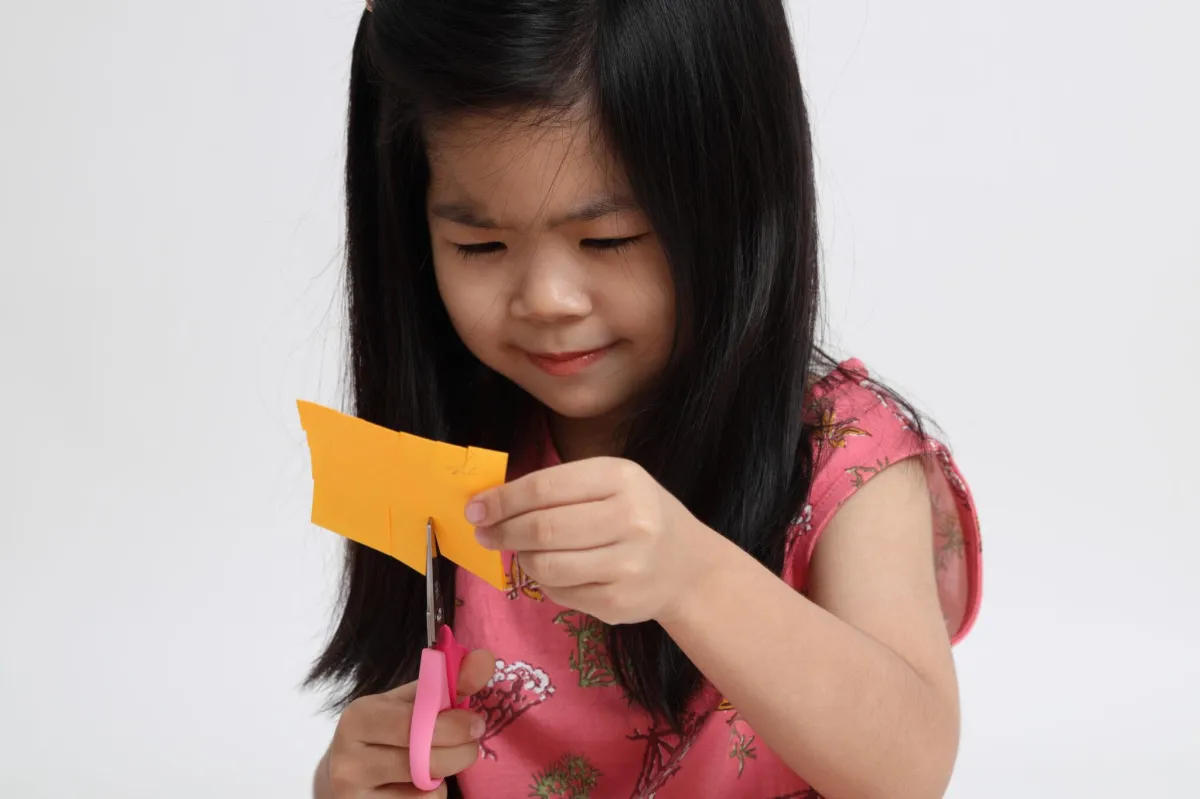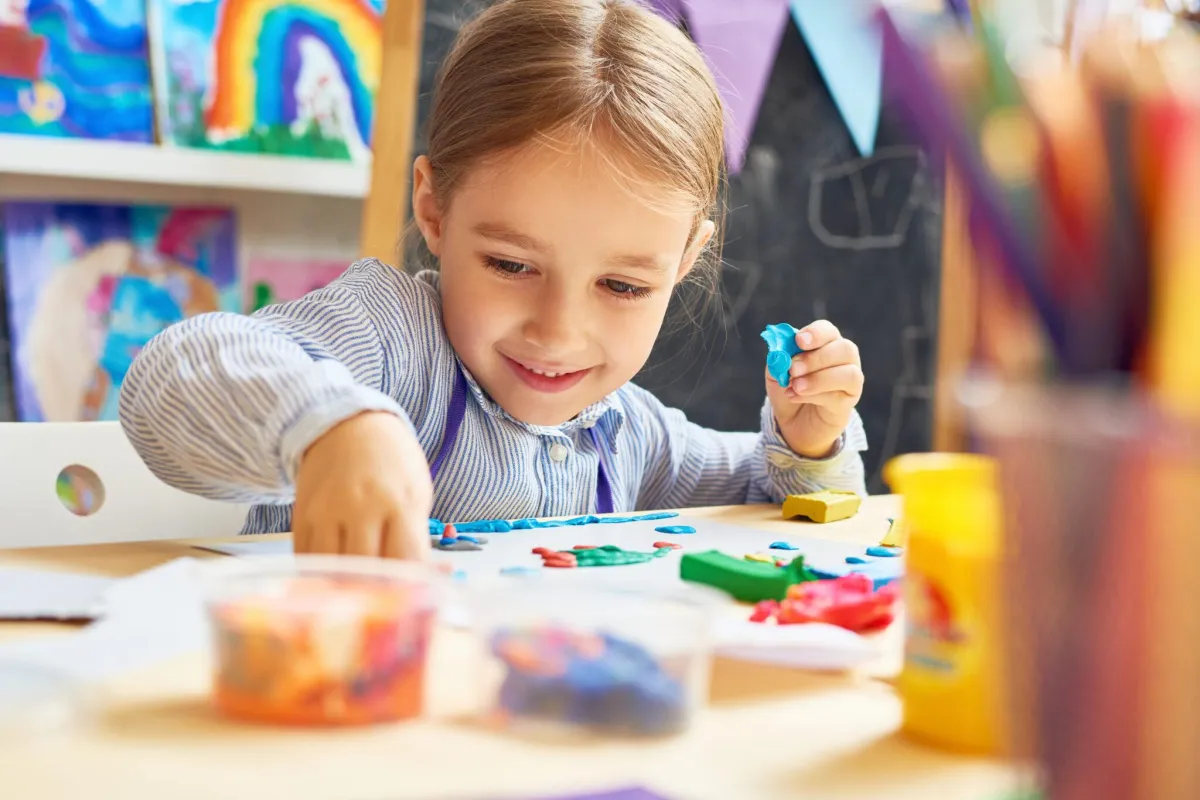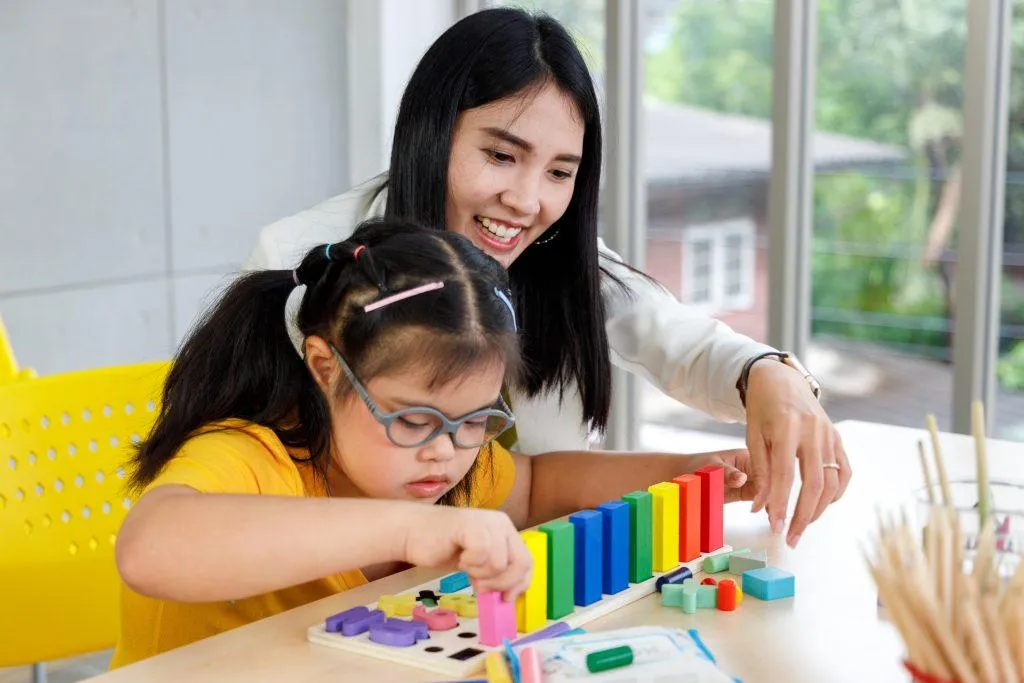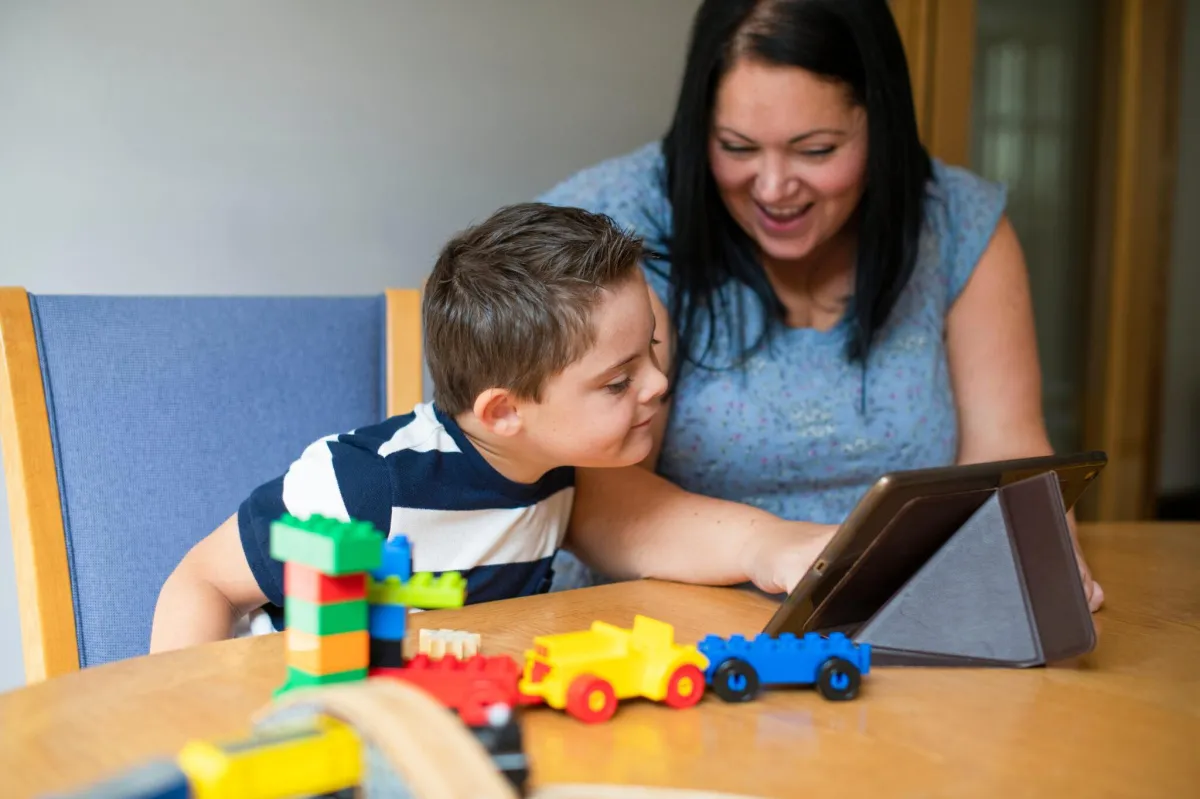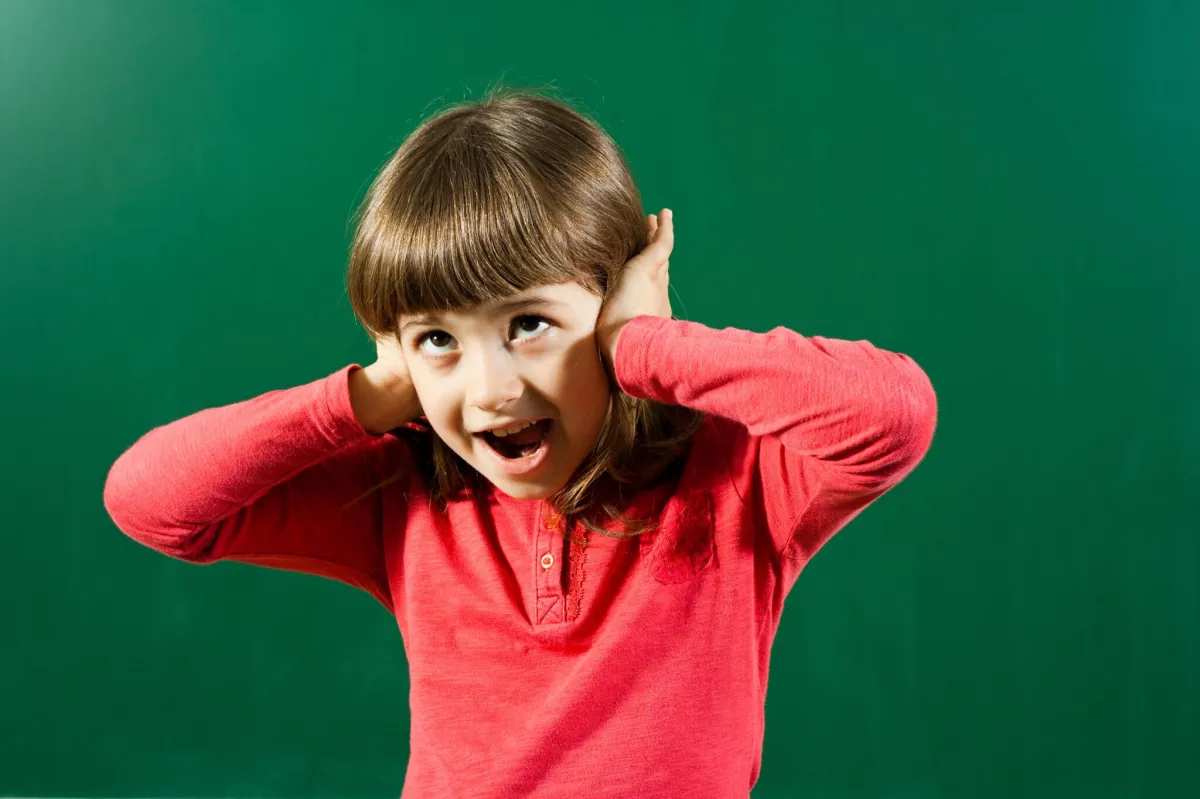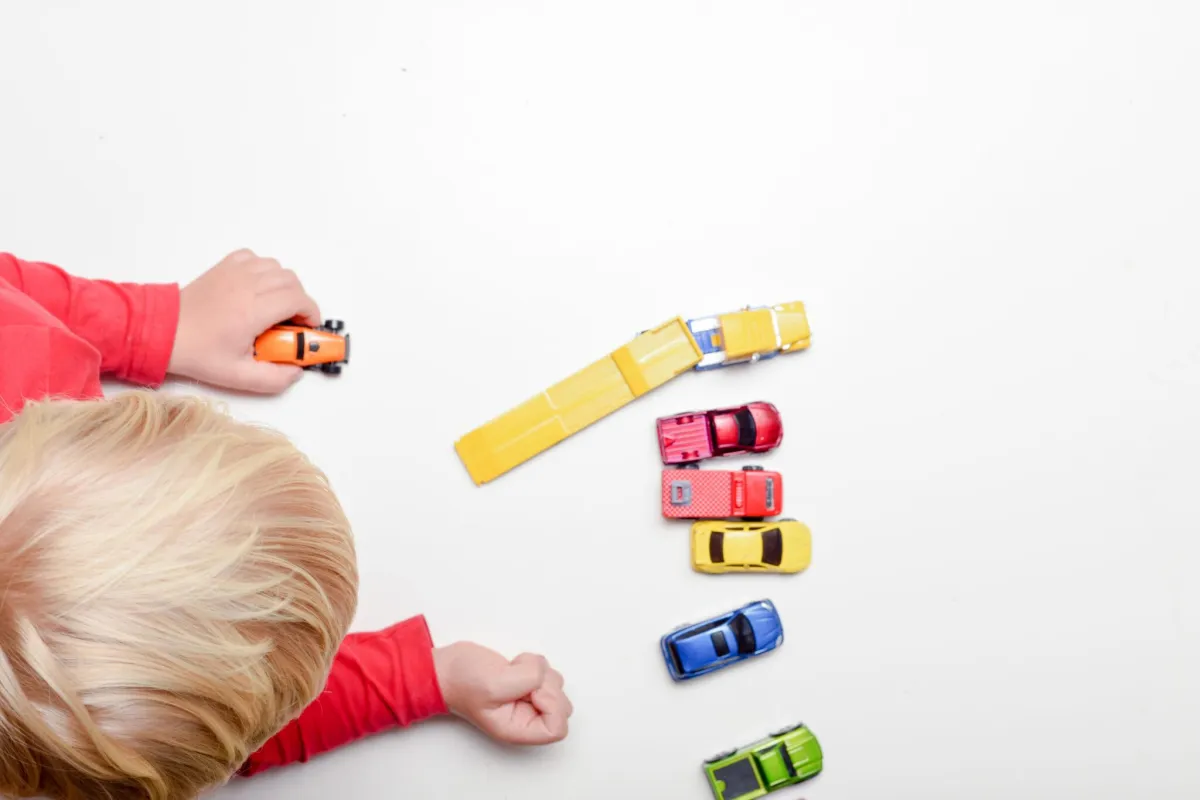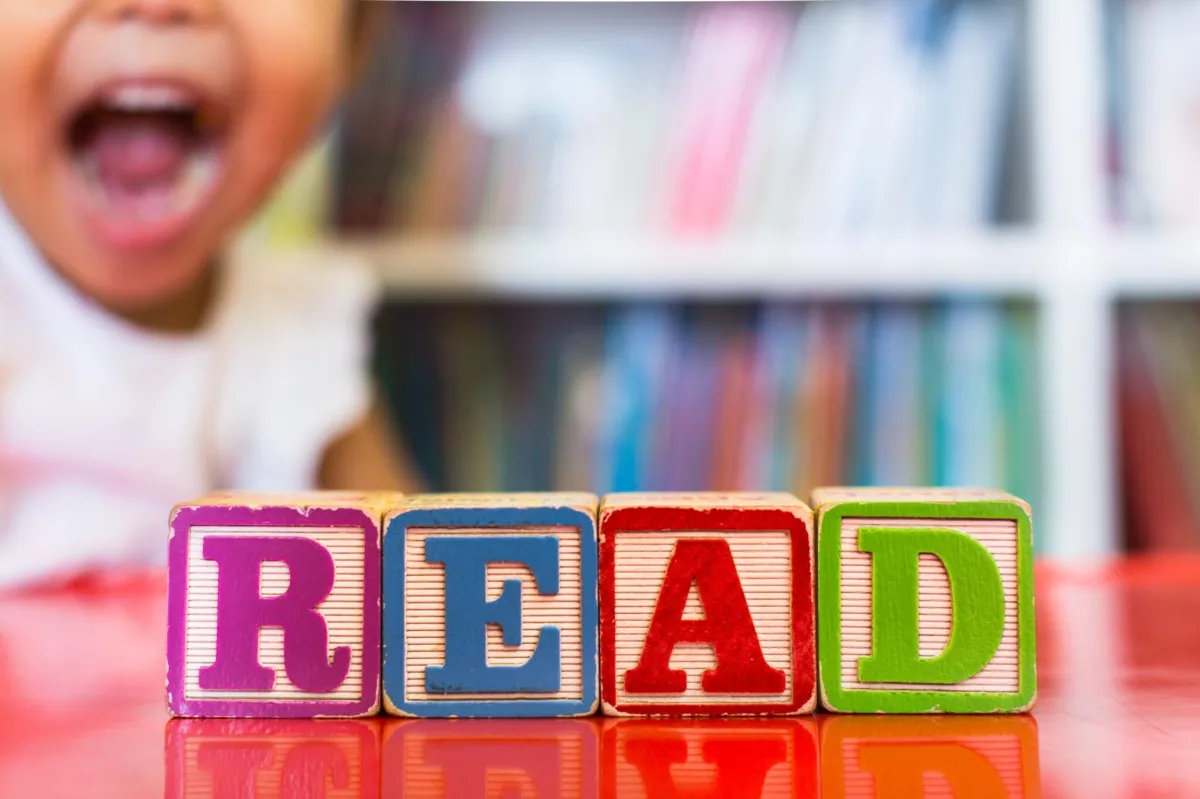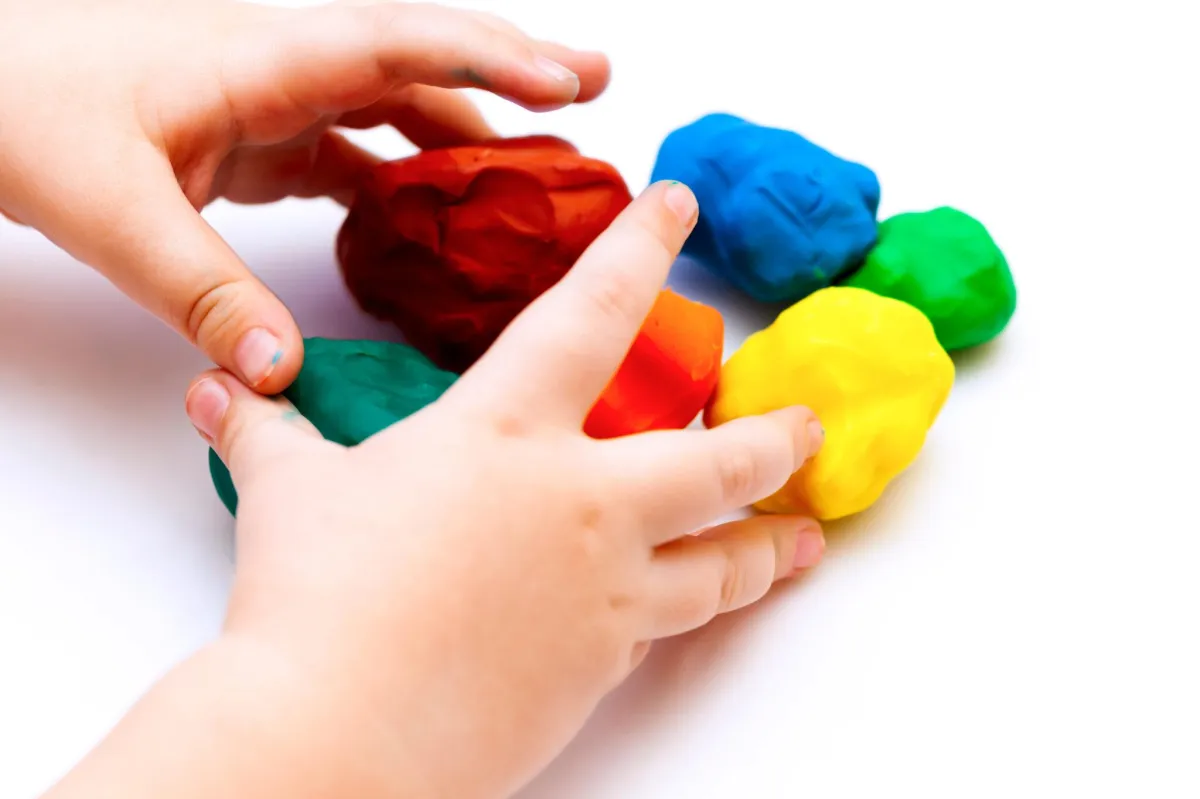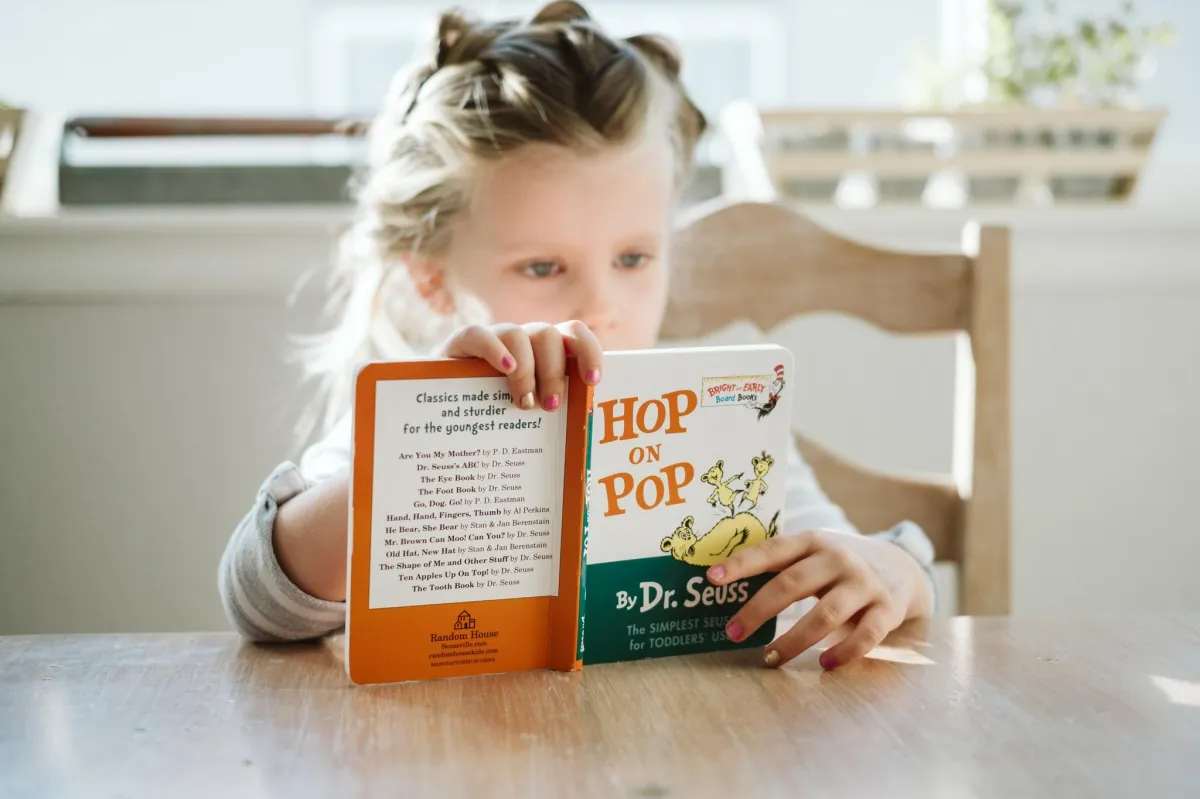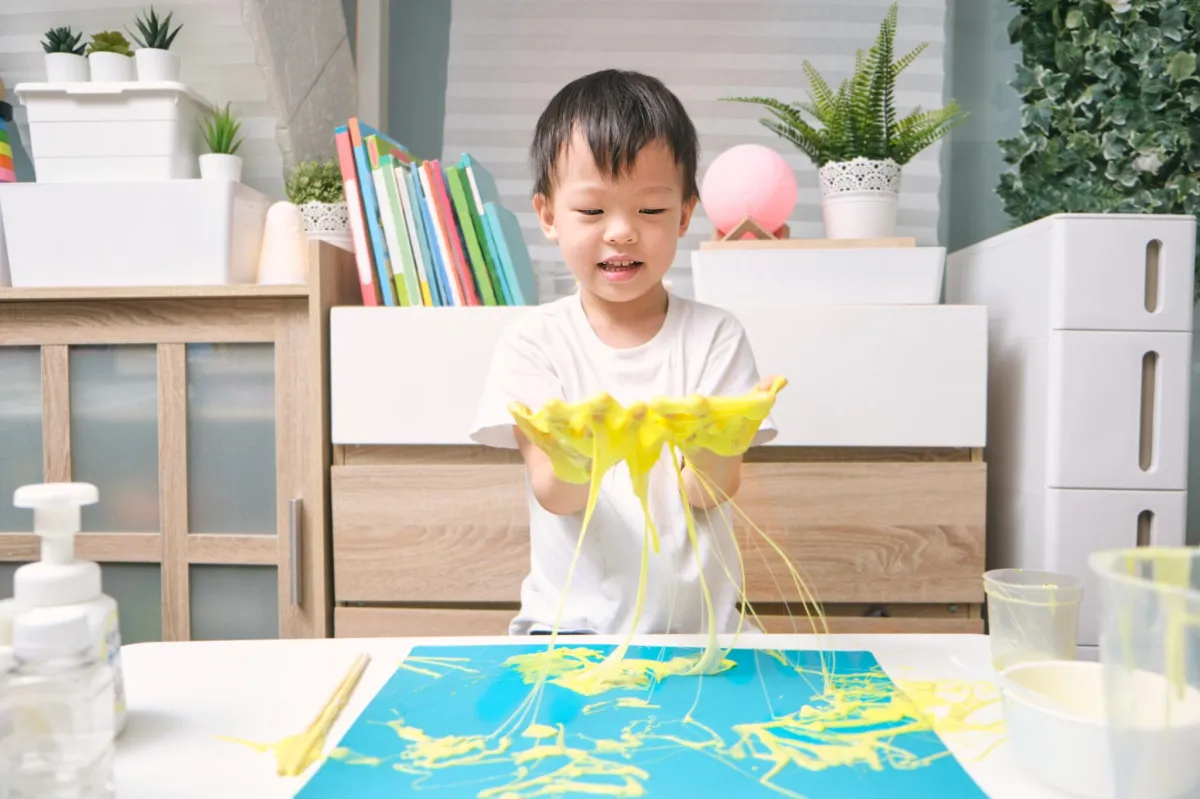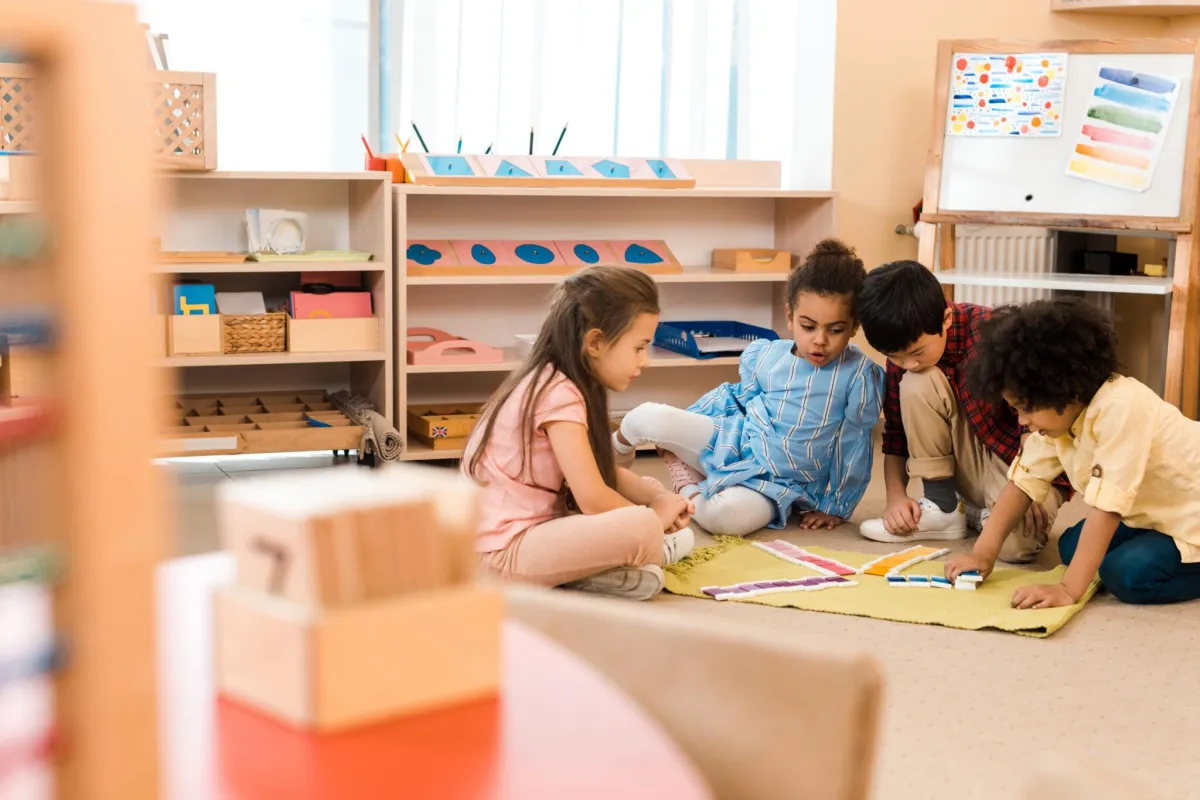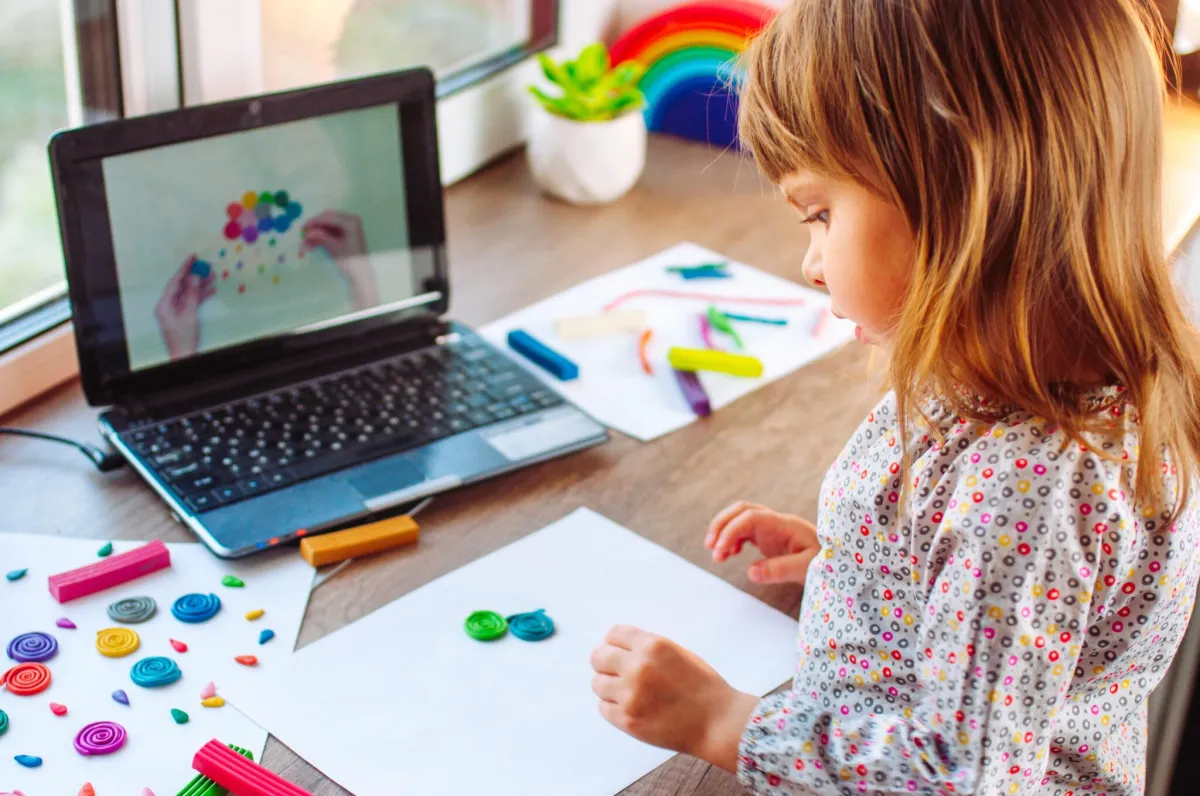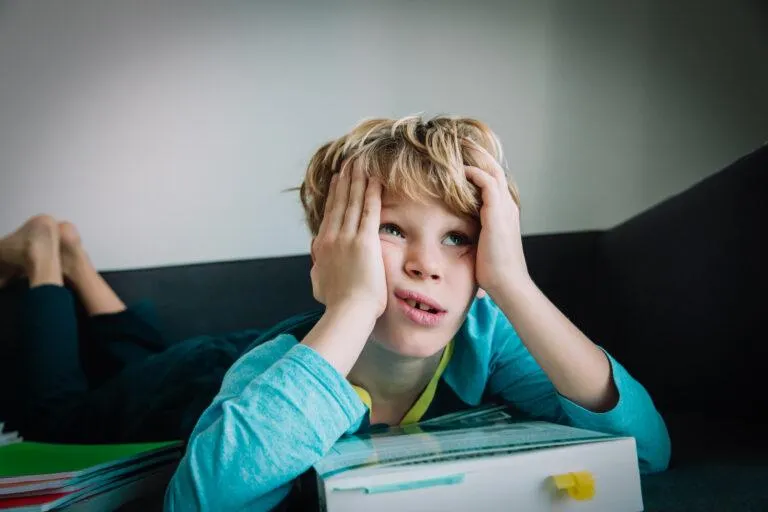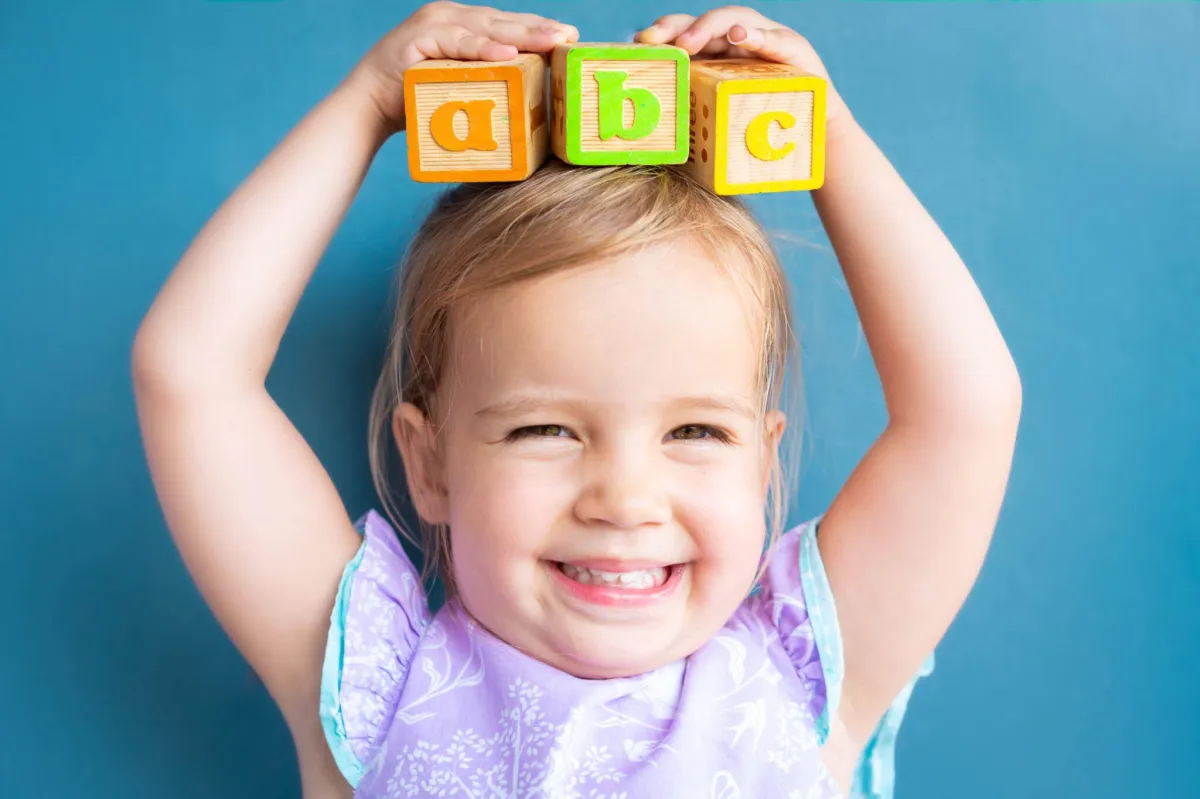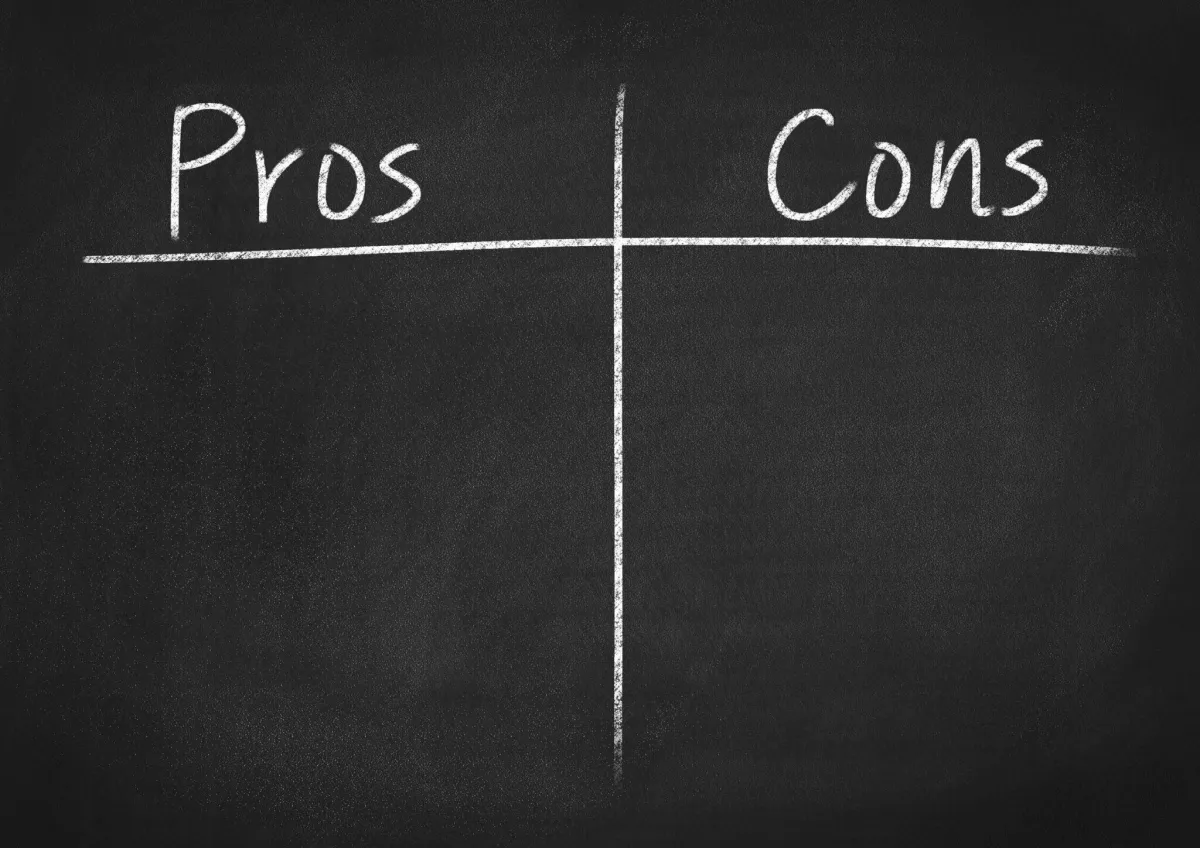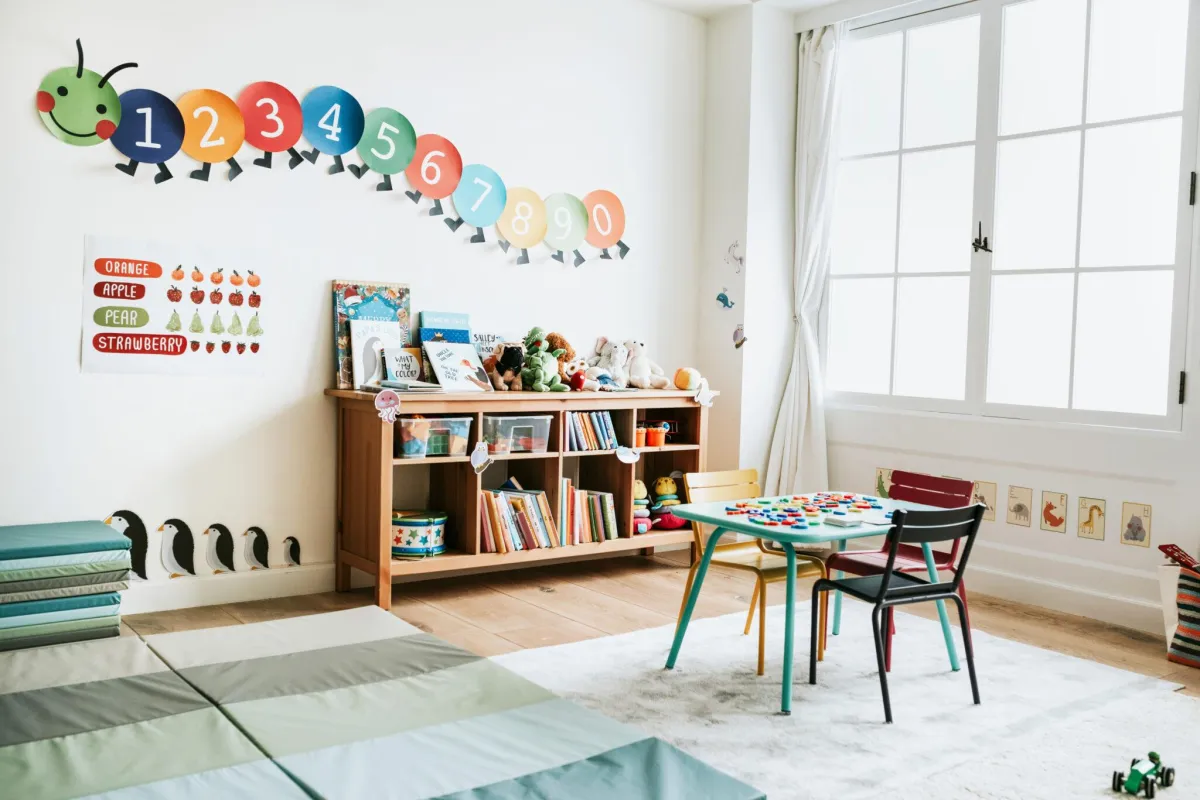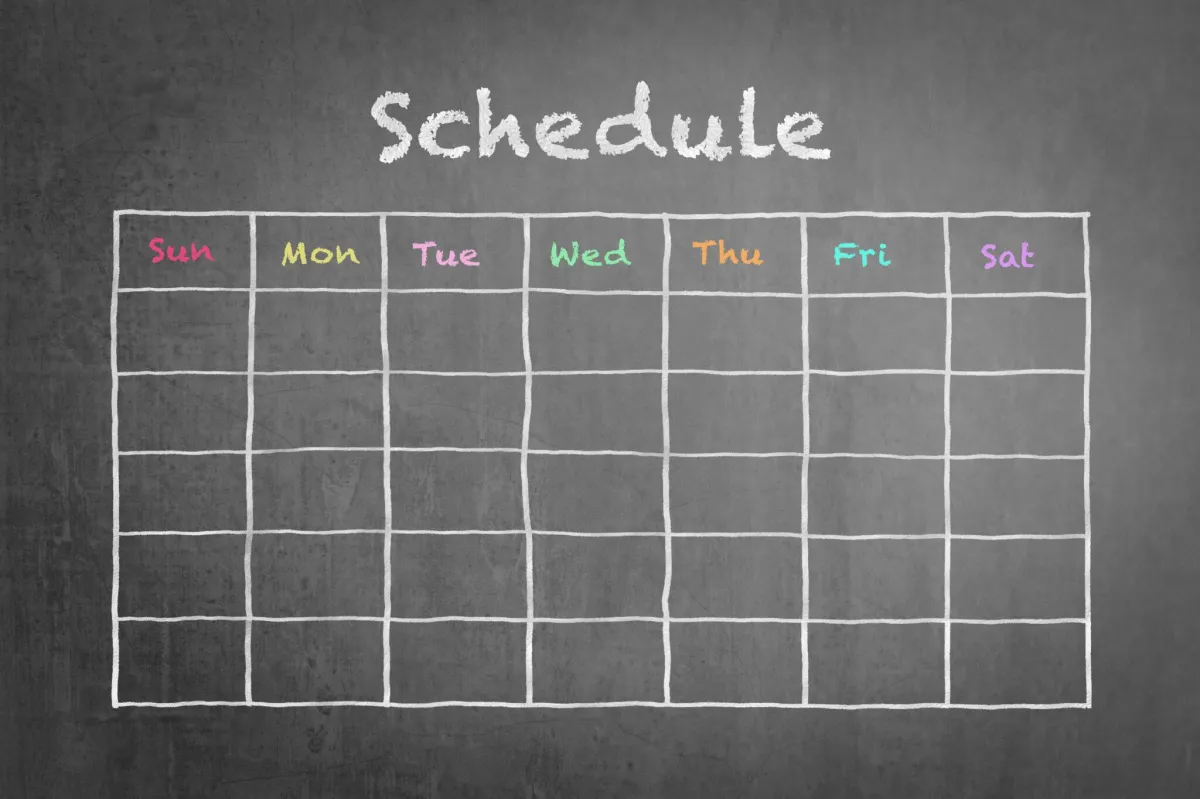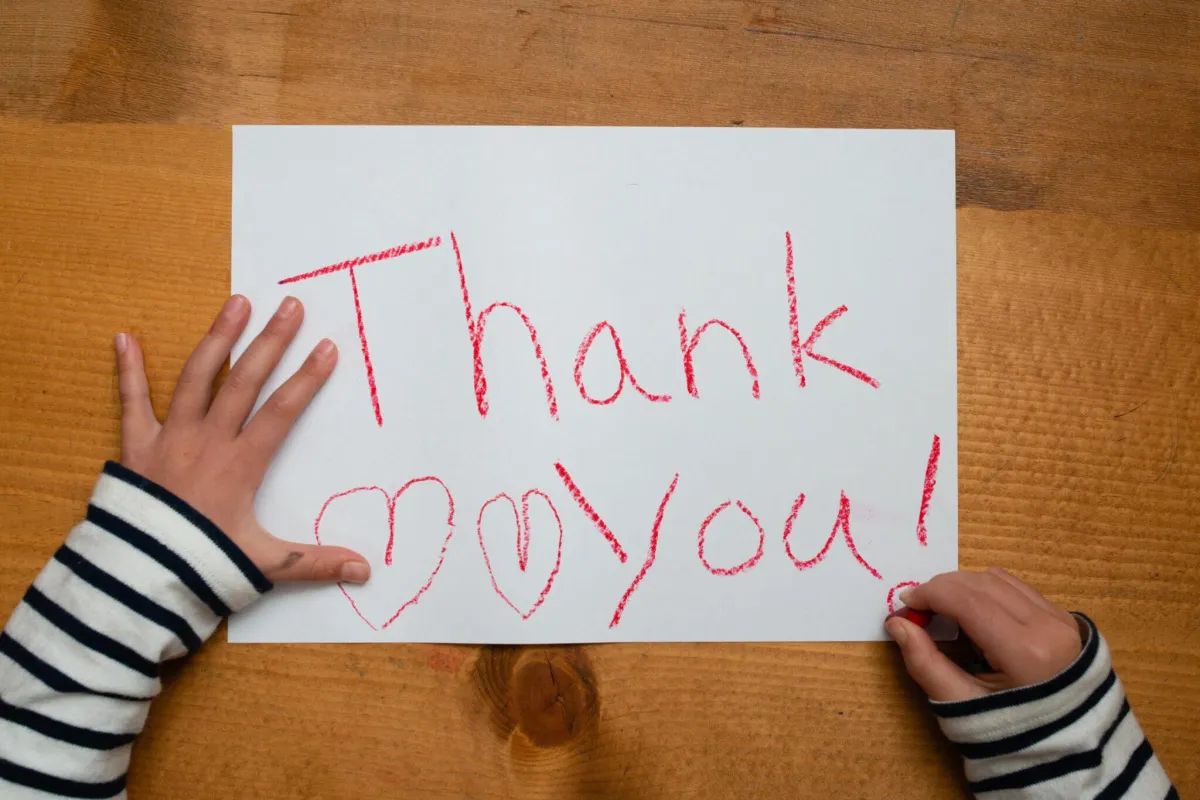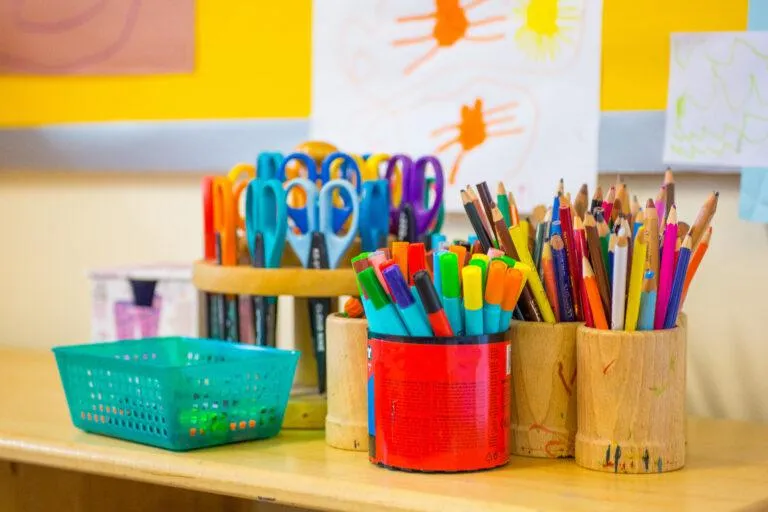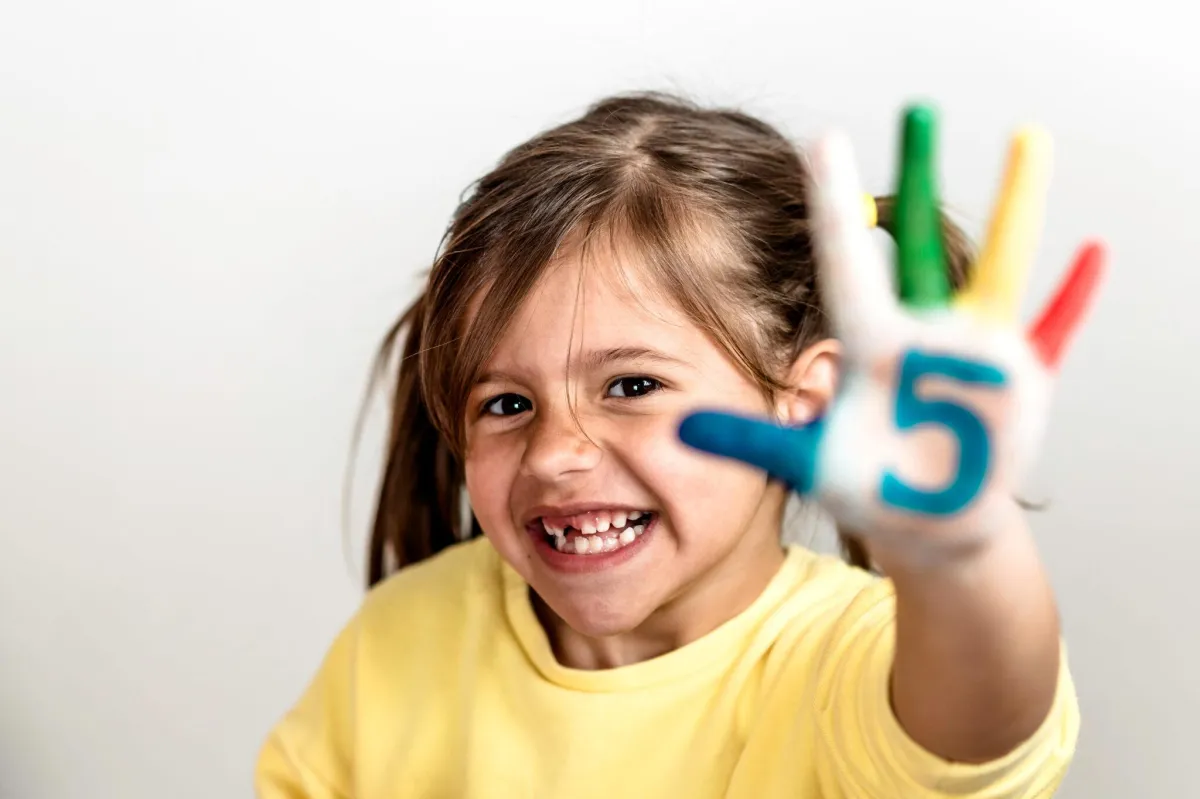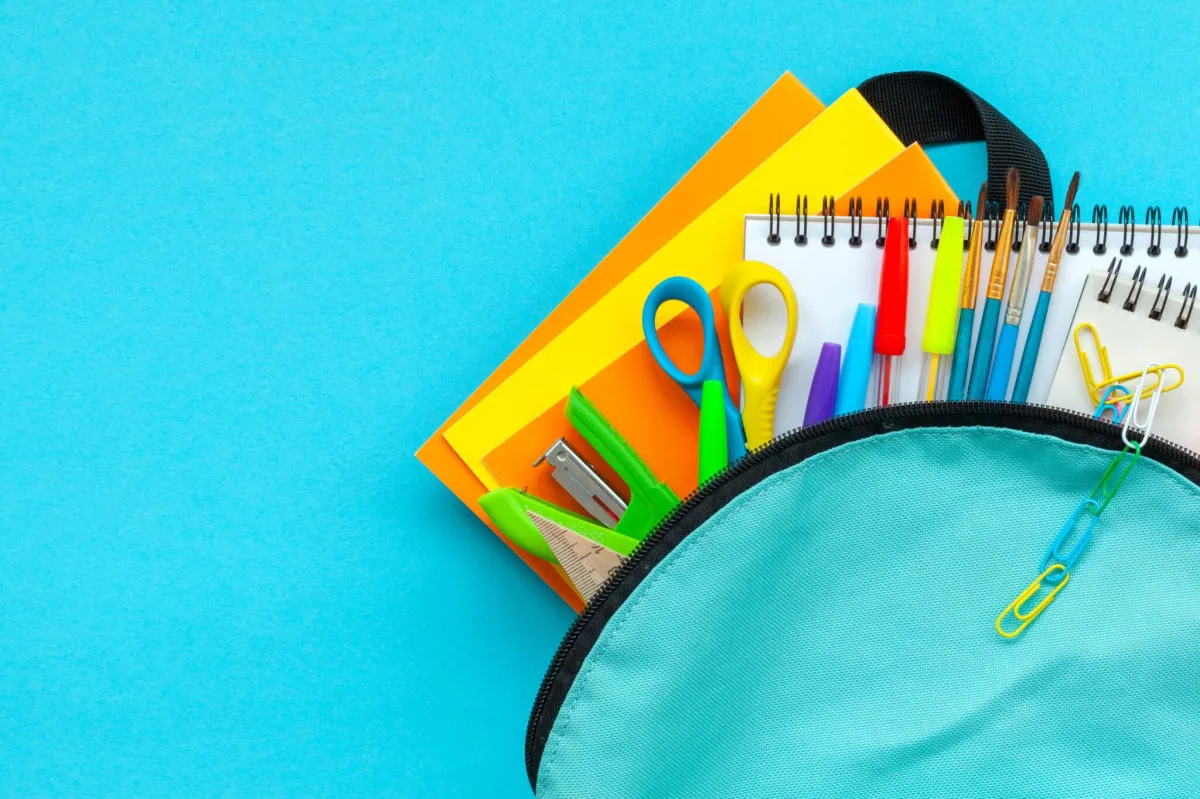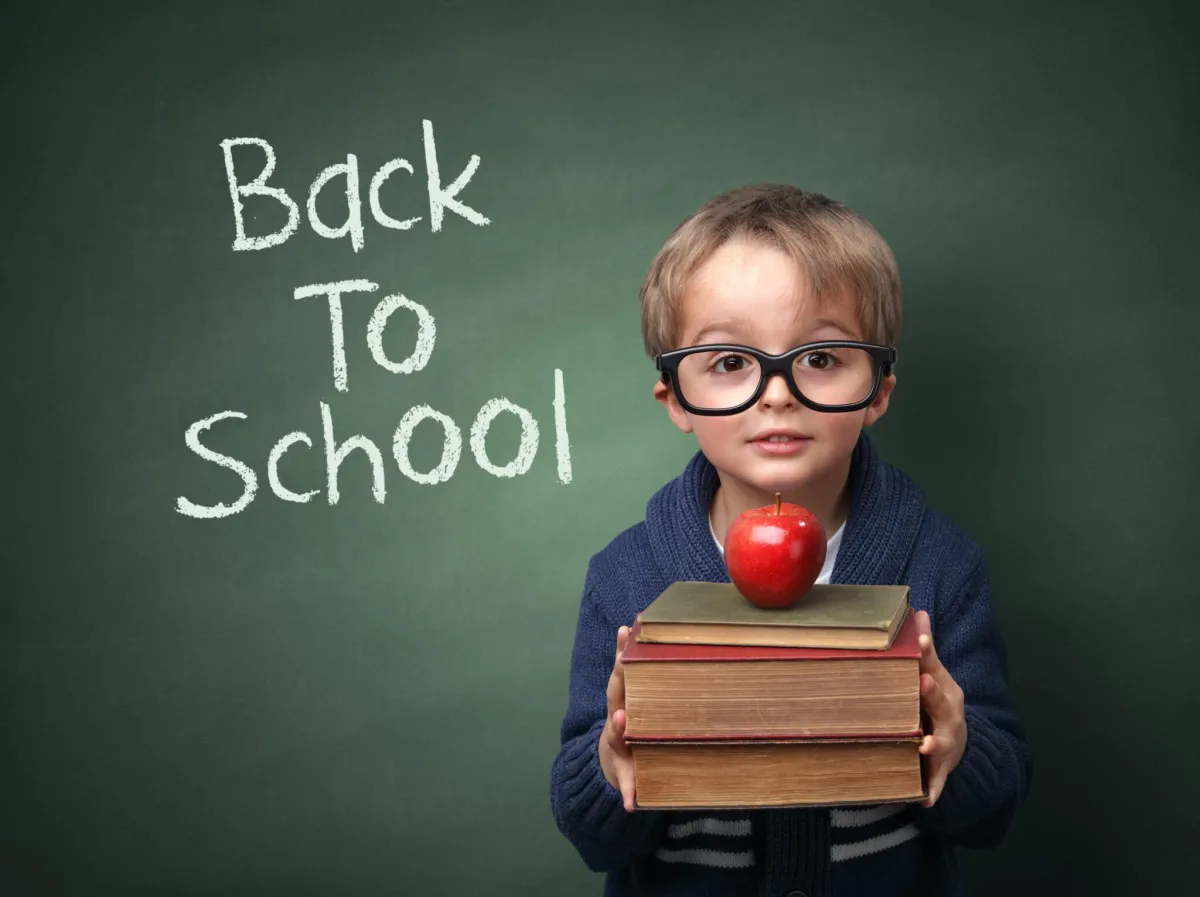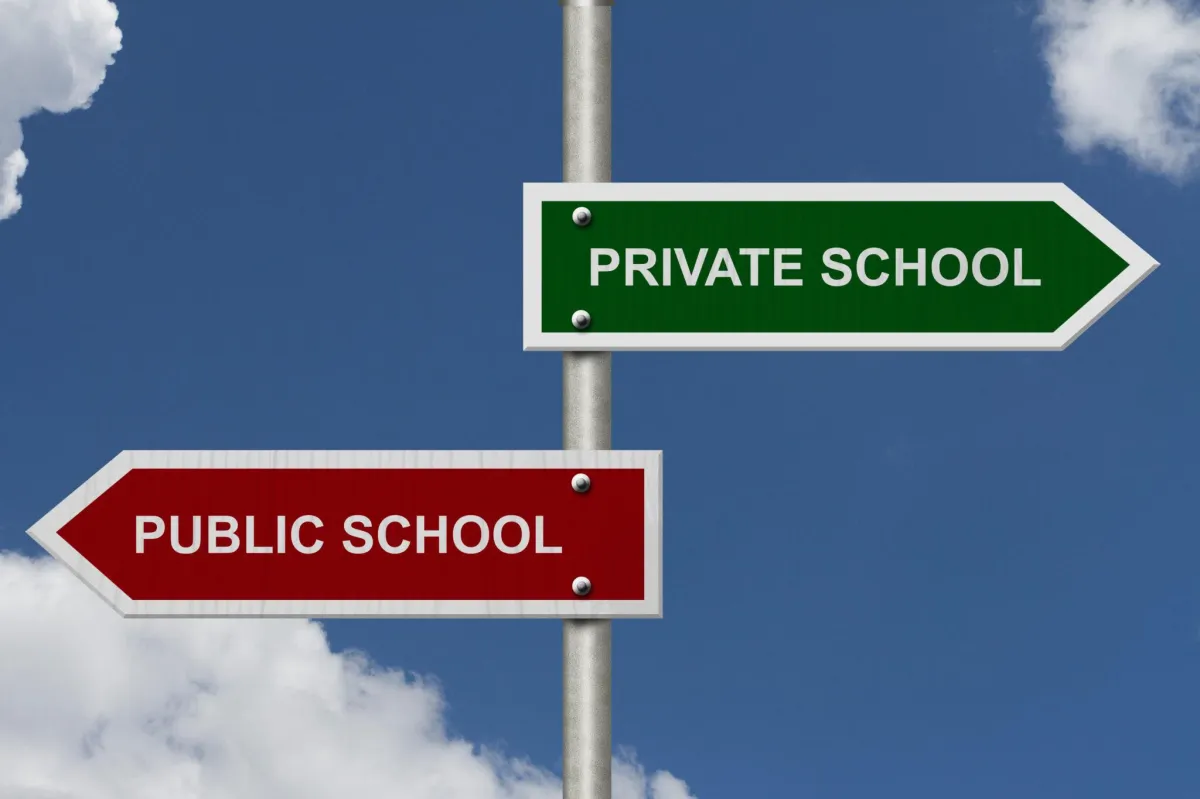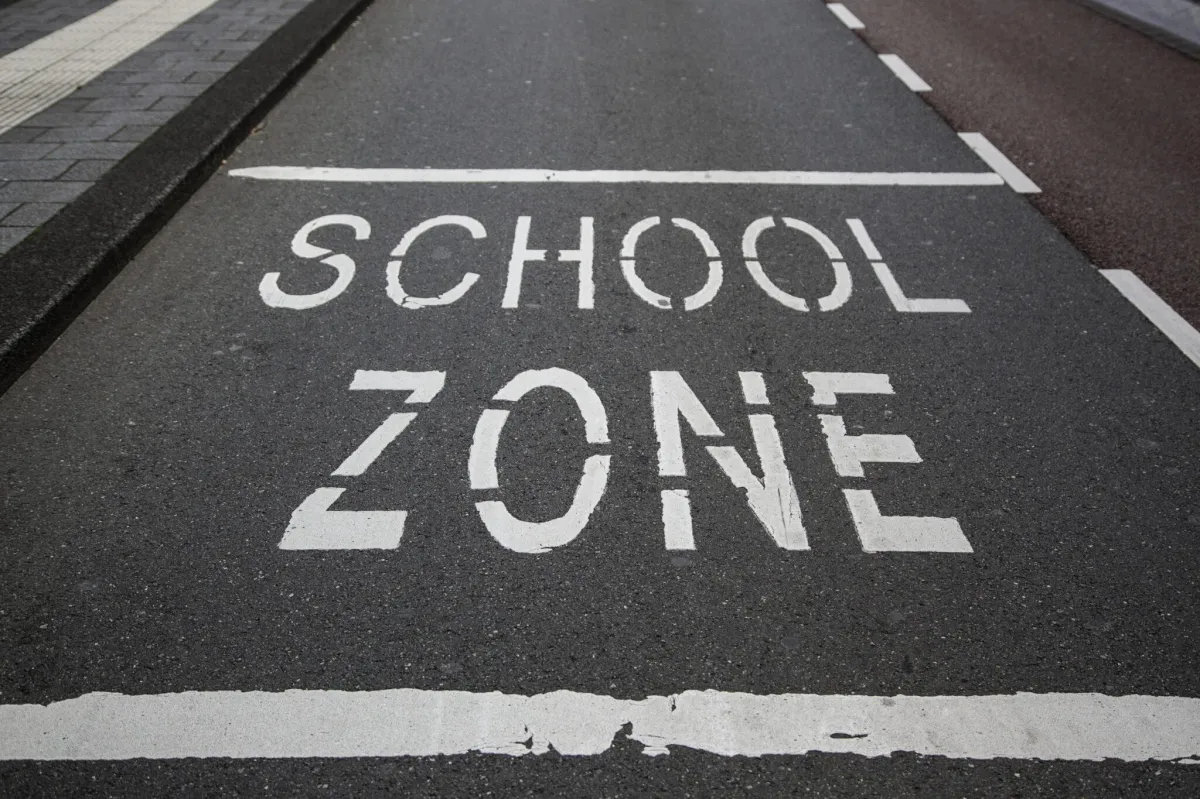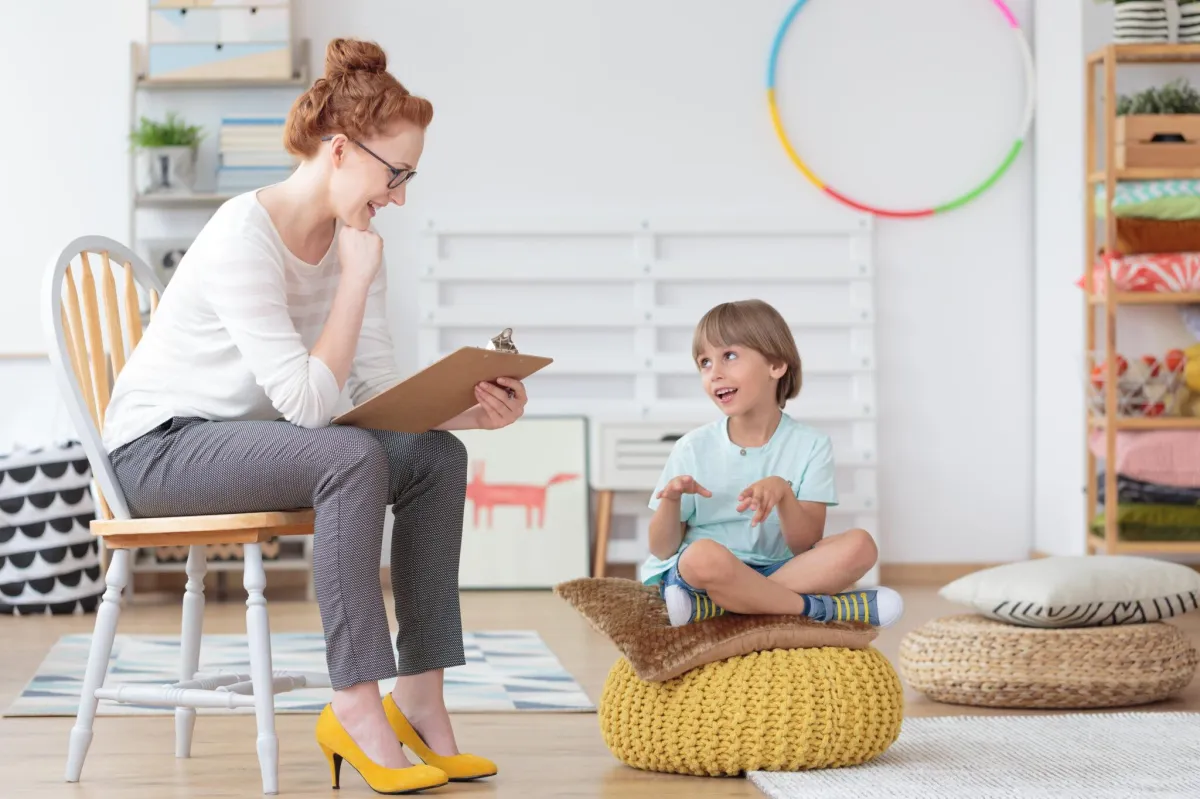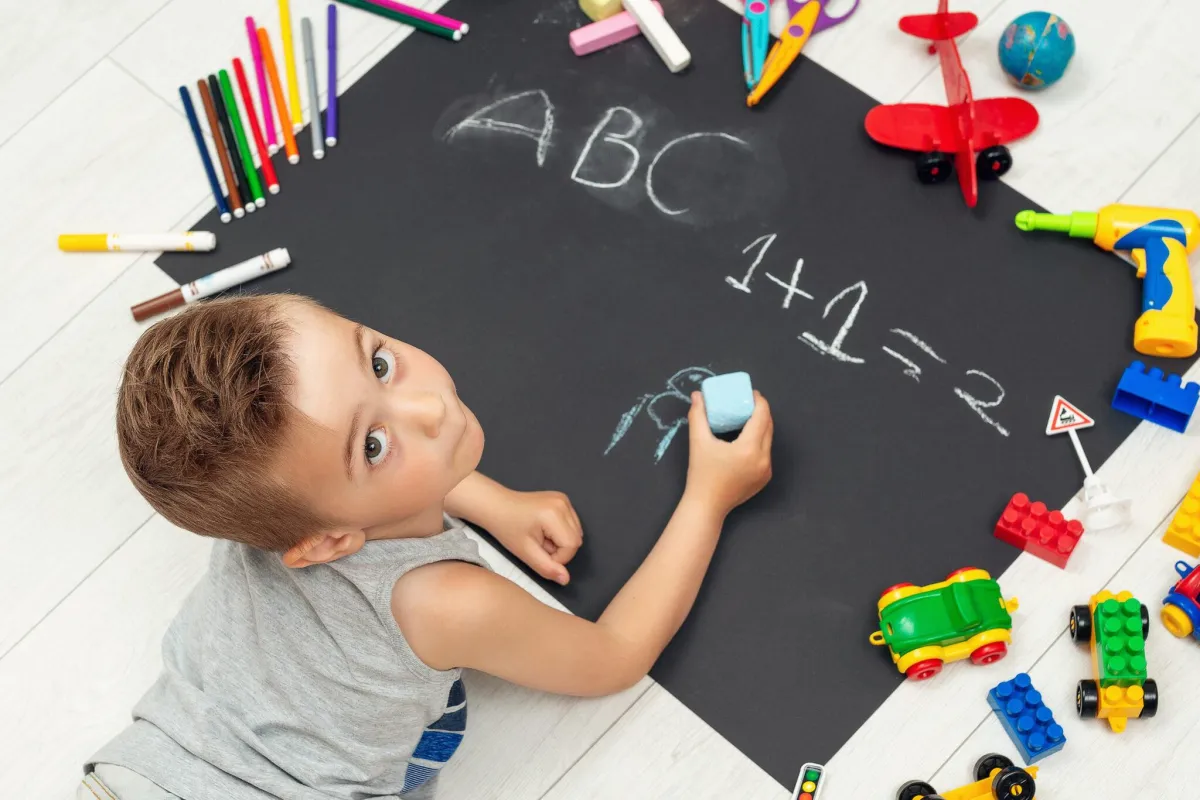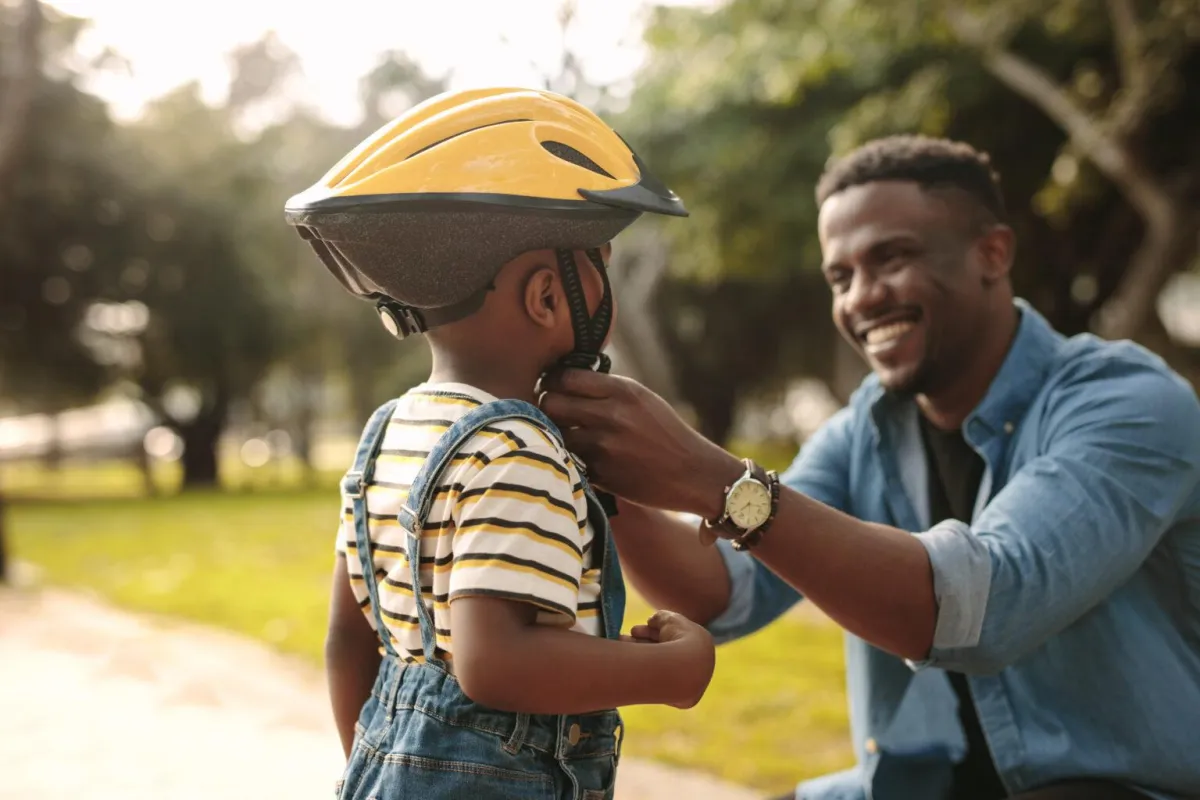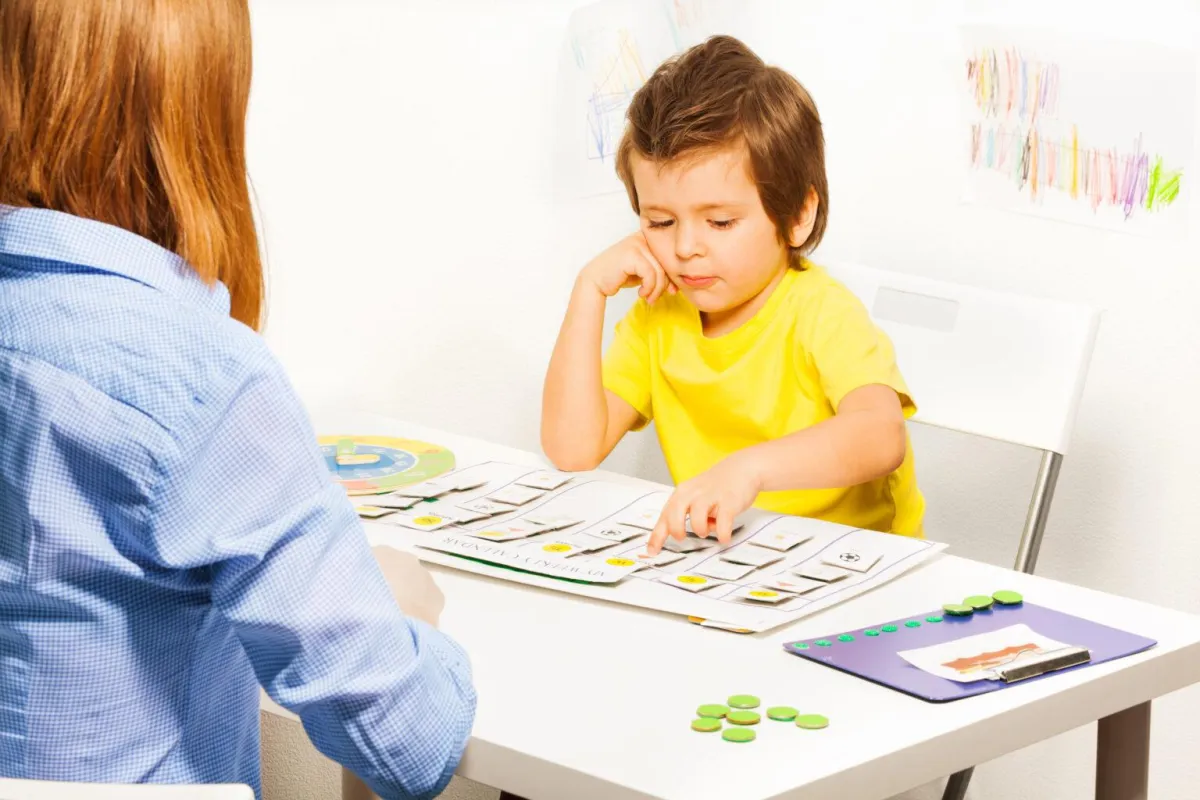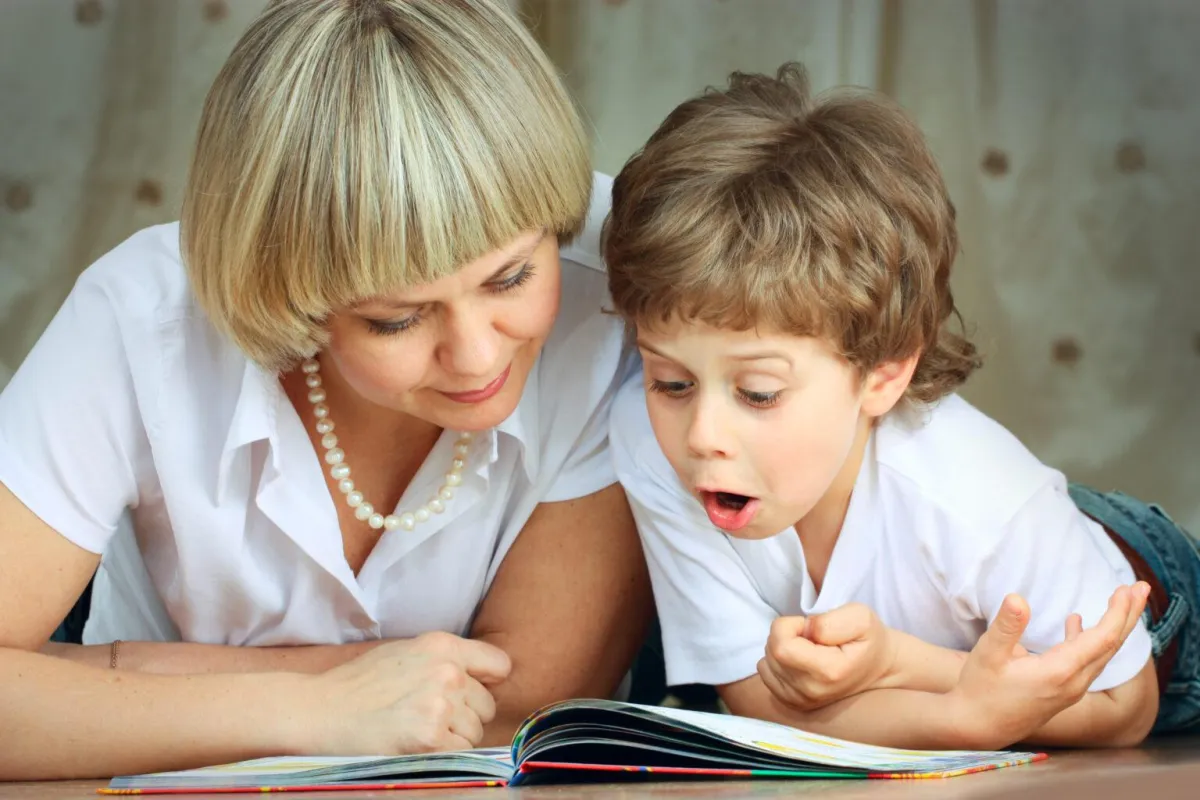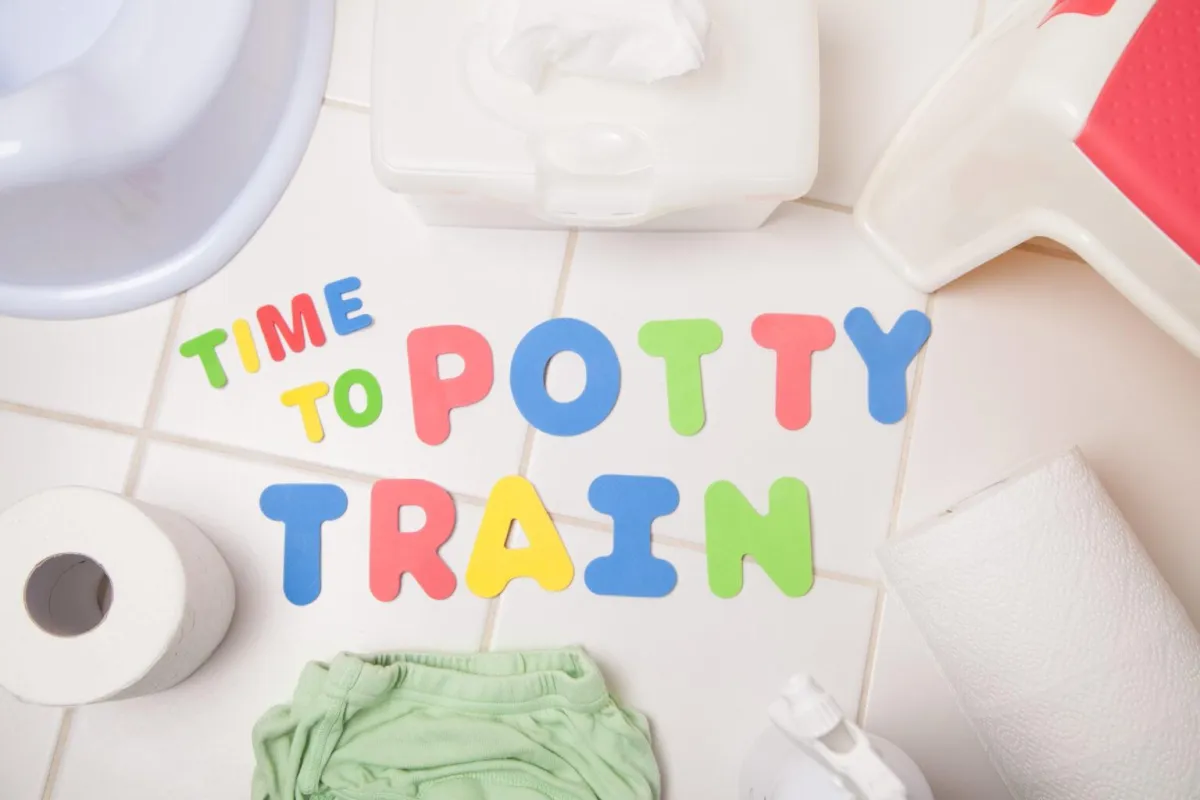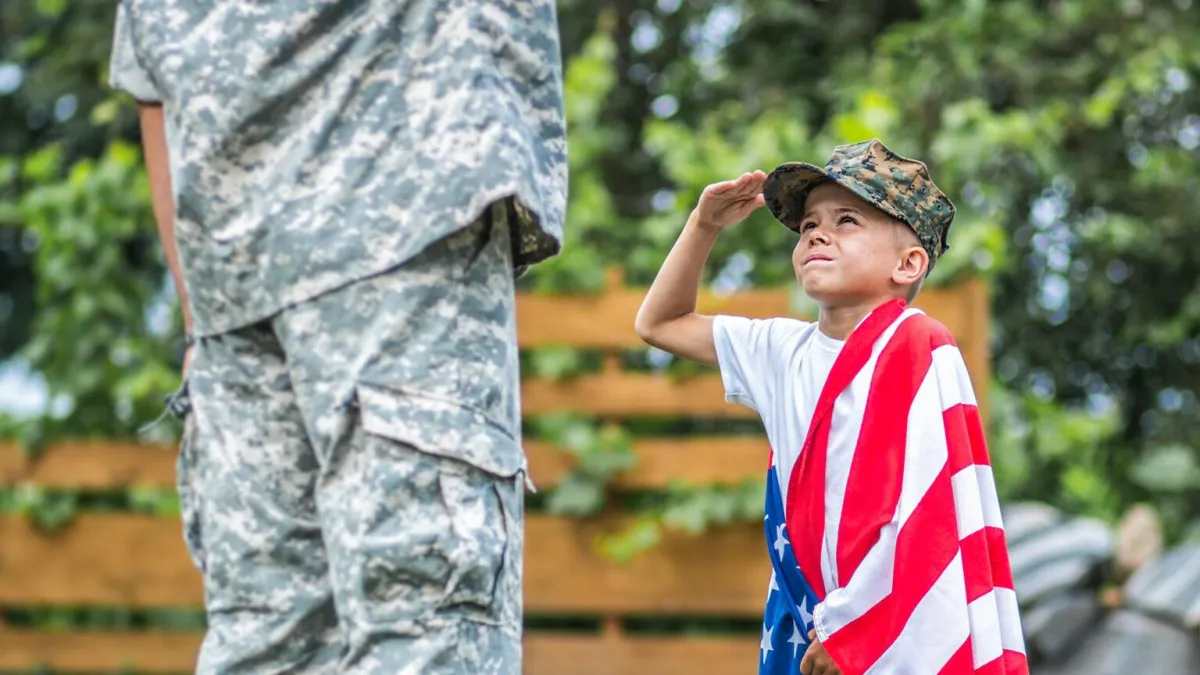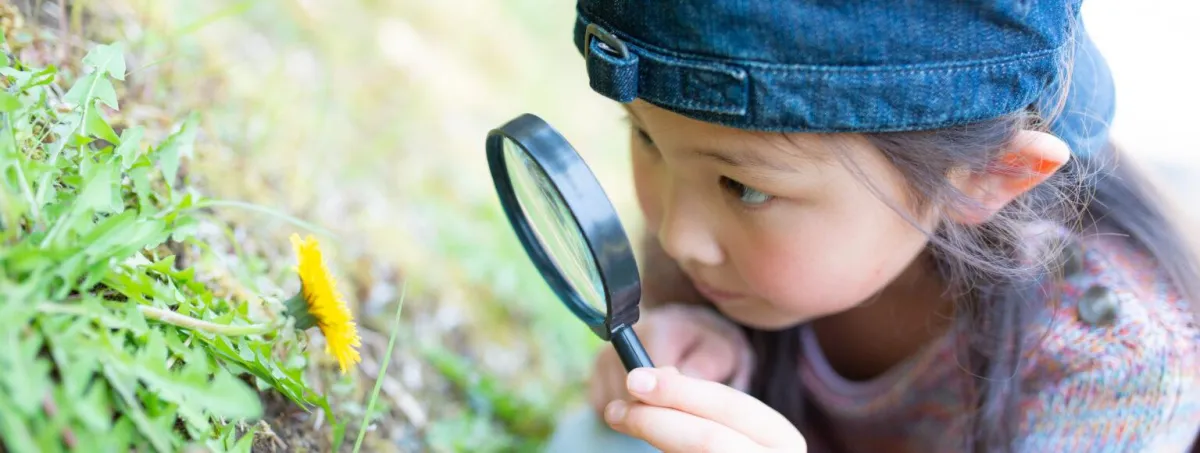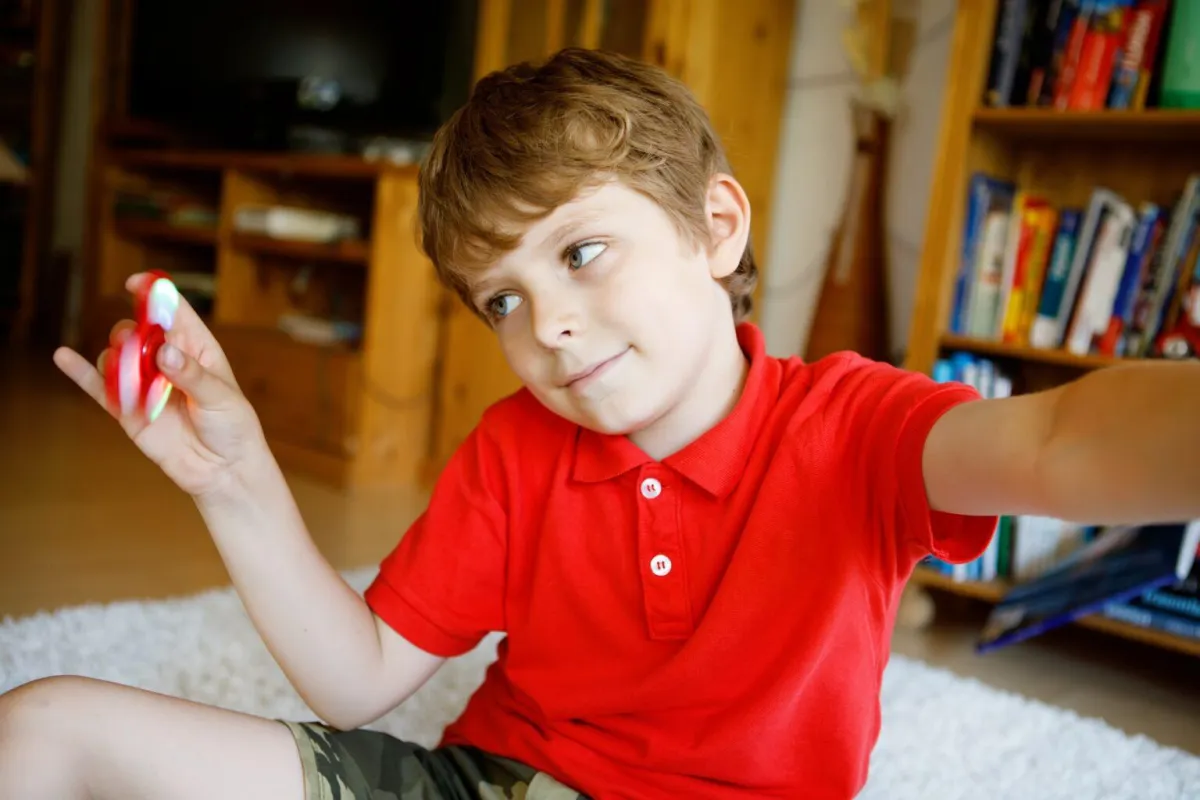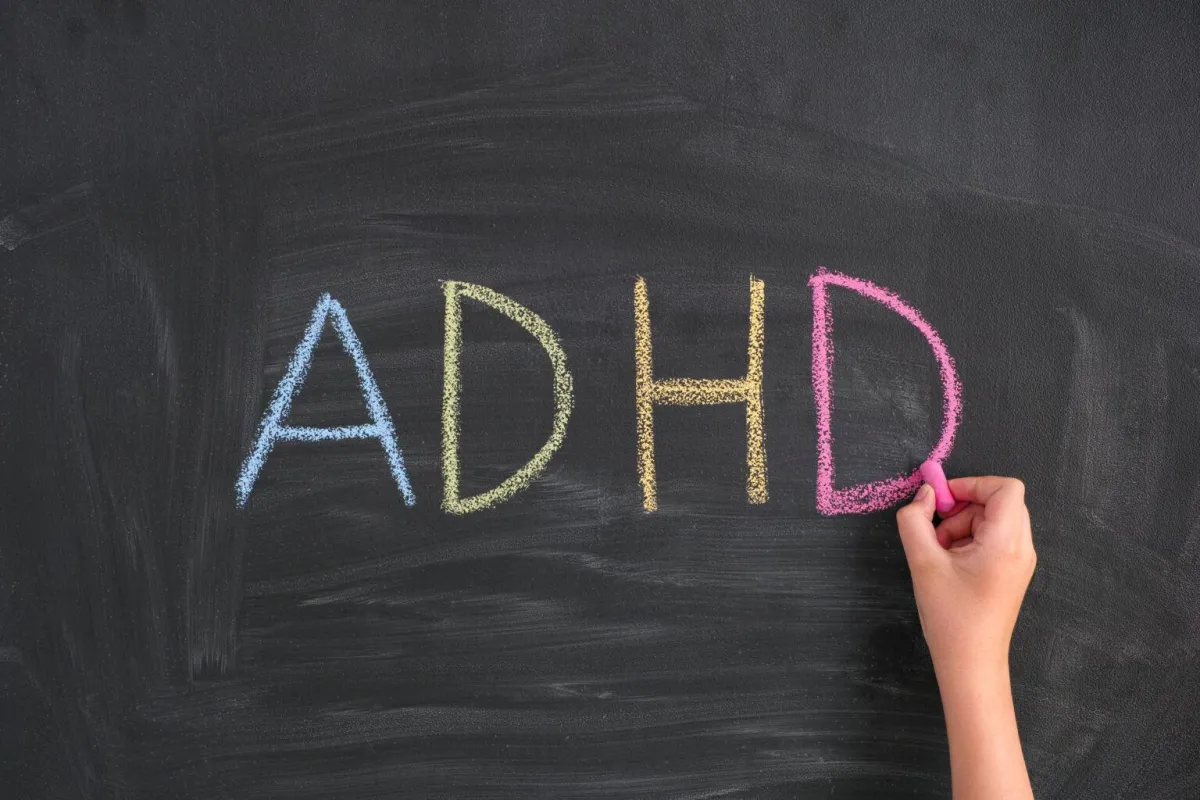Enjoy Reading Our Preschool Blog
Click on any image below to read the article
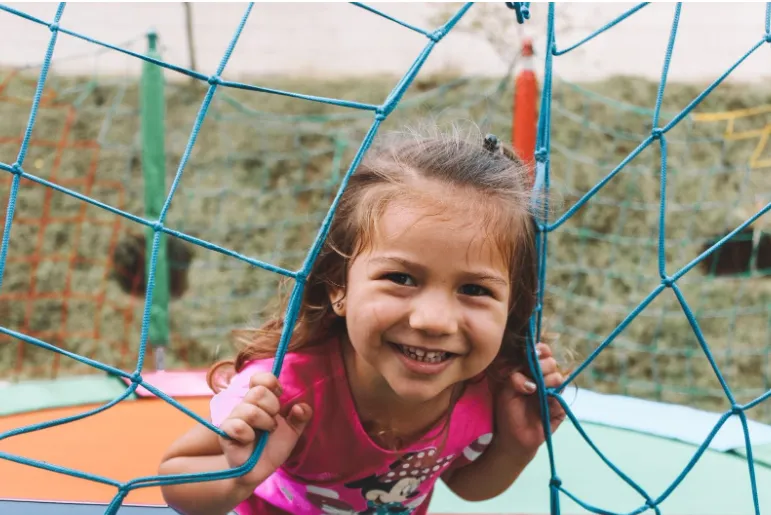
Top Four Parenting Tips for Future-Proofing Your Kids
Image via Pexels
Top Four Parenting Tips for Future-Proofing Your Kids
It's official: the simple life is a thing of the past. Parents are under more pressure than ever to ensure their kids can make healthy choices in a world filled with temptation and instant gratification. As technology continues to evolve, it's increasingly important that parents set a shining example, so their kids grow up well-adjusted and motivated. Here are some tips from Beelieve Academy to help you and your child on the road to healthy adulthood.
1. Set a Shining Example
While you don't want to put undue pressure on your little ones, it's never too soon to explore what they're passionate about and model healthy behavior. Reskilling is something everyone will need to do in the future.
Set an example to your kids by going back to school and learning something new, such as obtaining a teaching license or taking a business leadership course. If you’re interested in the medical field, there are nursing programs available online. Online classes make it easy to fit degree work into your schedule, especially when you’re busy with kids.
2. Model Leadership Skills
Leadership isn't about telling people what to do; it's about being hardworking, independent, and resilient. By setting an example to others, including your kids, you can inspire them to be better versions of themselves.
Research continues to prove that the first few years of a child's life act as a blueprint for their future behavior. While it may be true that a person can seek therapy to undo any damage done, you can give your kids a head start when you lead by example. Teach them the power of integrity, determination, and remaining calm under pressure — and they'll reap the benefits for their entire life.
3. Find an Exercise Class
Movement is essential to your child's development, so make sure you work together to find an exercise class they love. Martial arts such as Muay Thai and boxing are particularly effective for building discipline and resilience and encouraging participants to remain calm under pressure. Naturally, movement also helps your child maintain a healthy BMI and develop strength, coordination, flexibility, and agility.
What's more, exercise has a positive impact on mental health. Young people who regularly exercise benefit from reduced levels of stress and depression and report better self-image, life satisfaction, and psychological well-being. Emphasize exercise's positive impact on performance and health as opposed to aesthetics or body image to ensure they value elements of themselves they have control over.
4. Limit Dependence on Social Media
Teach your children that social media is an incredible tool but that it's not the be-all-and-end-all of life. Being overly dependent on accumulating likes and followers isn't healthy for young minds. Ensure your kids enjoy a range of interests beyond the realms of the screen to ensure their attention span and self-esteem don't suffer. As an adult, having a varied life with plenty of active hobbies can help stave off physical and mental health issues.
Instant gratification is practically irresistible for young minds (and older ones!), so parents must take steps to instill the values of discipline and self-control in their kids. Working toward long-term goals is vital for success at school and work and in their personal lives.
Look for Support
These parenting tips can help you model positive values for your children. To access more resources, sign them up for Beelieve Academy to help your preschoolers prepare for a life of learning.
Child Development
Parenting a Preschooler
Everyday Preschool Life
© Beelieve Academy
Contact Us: contact@bee-lieveacademy.com

